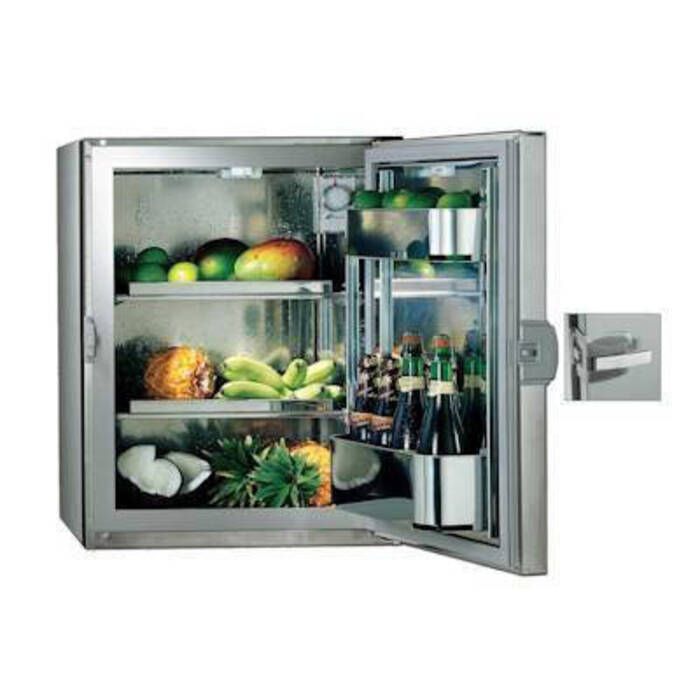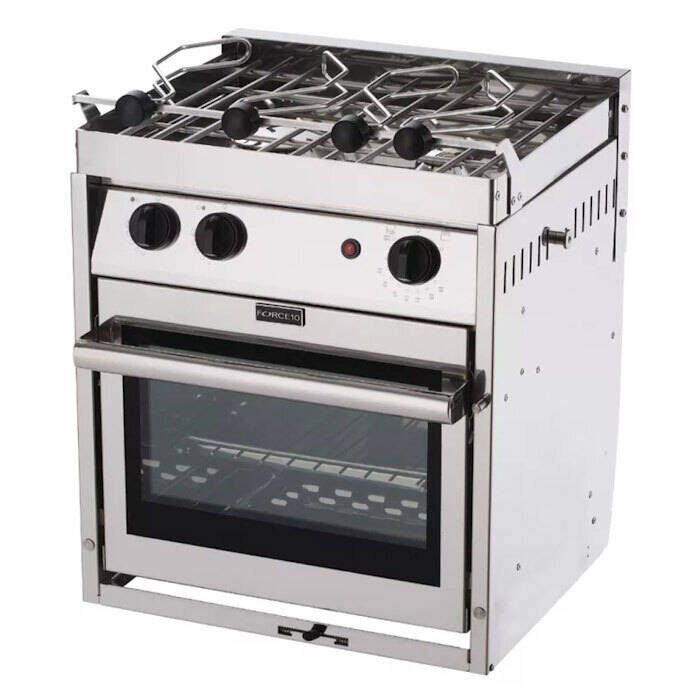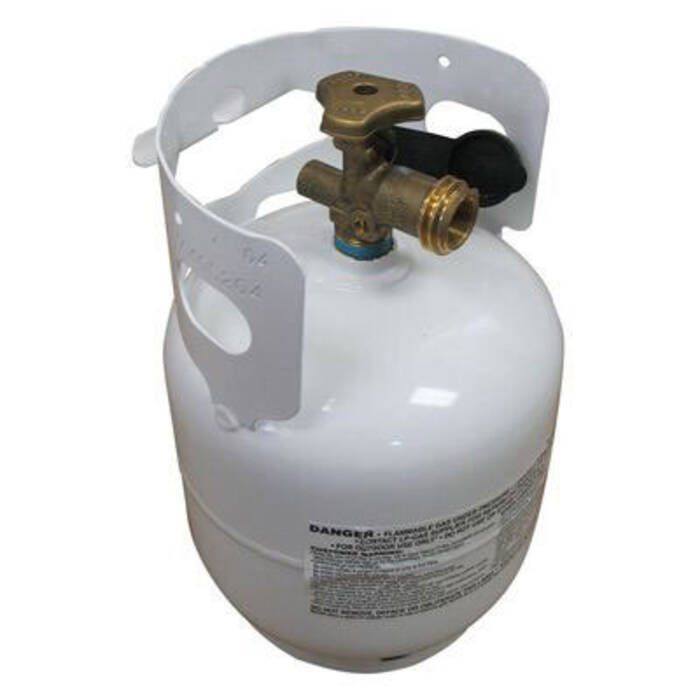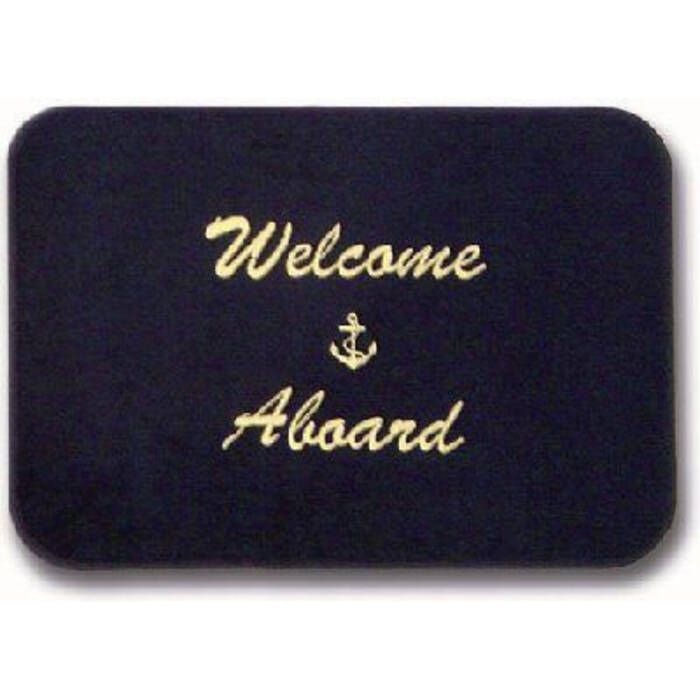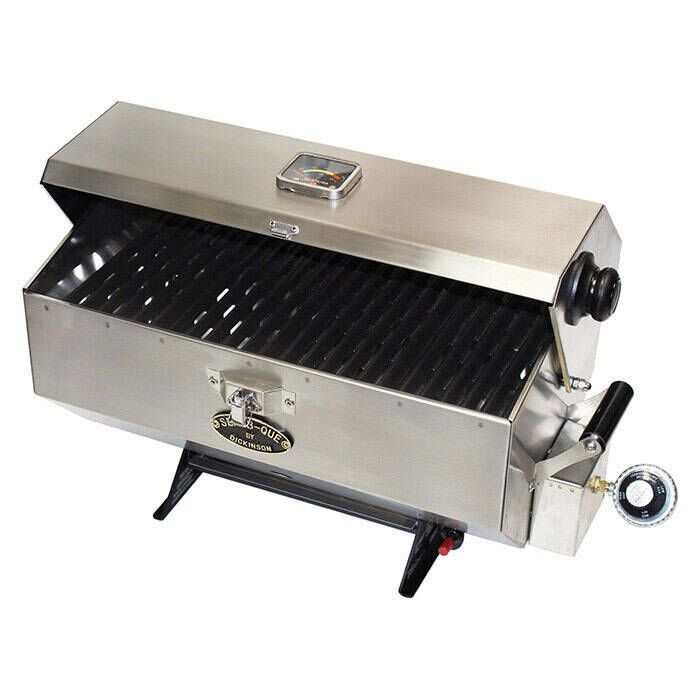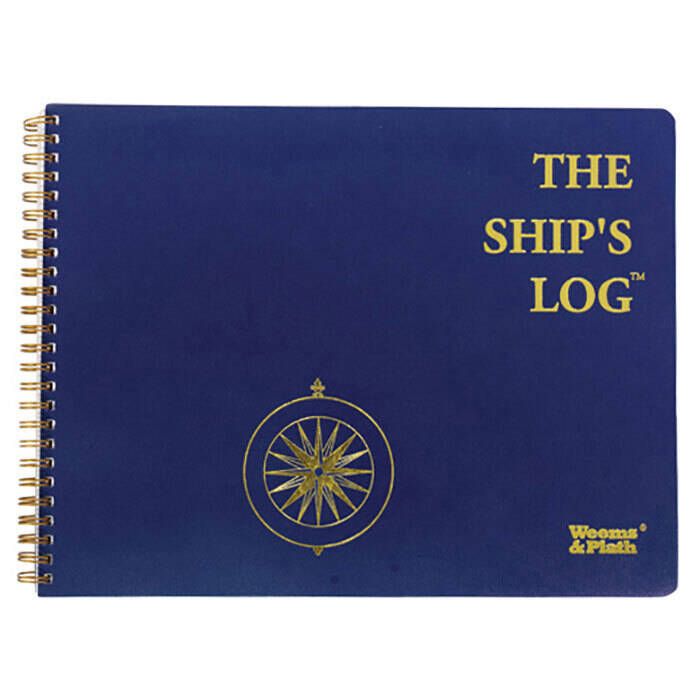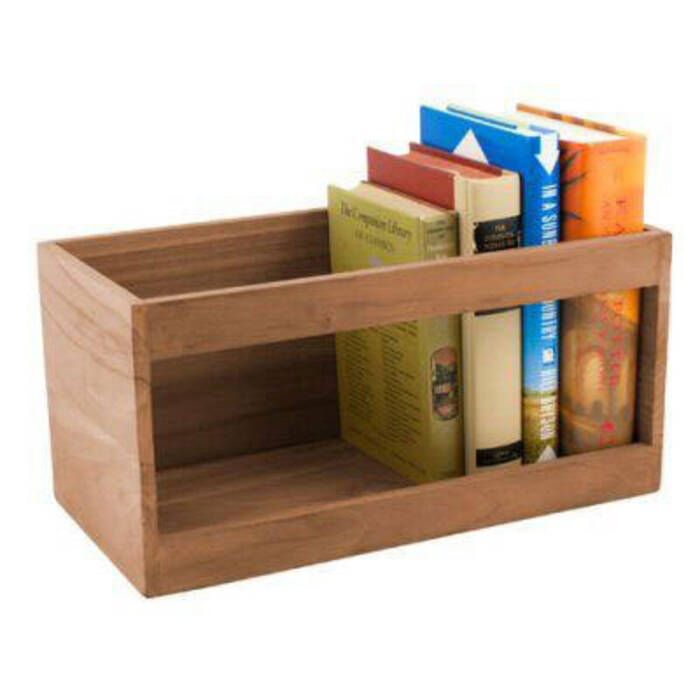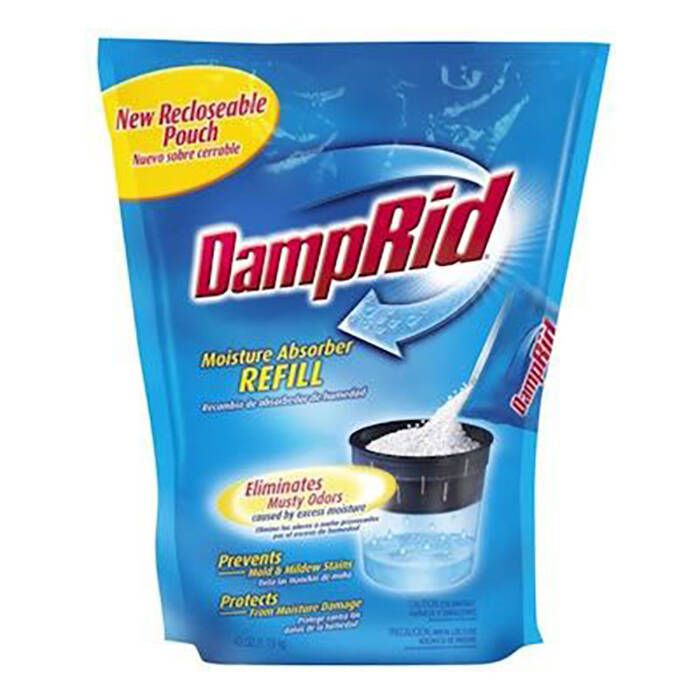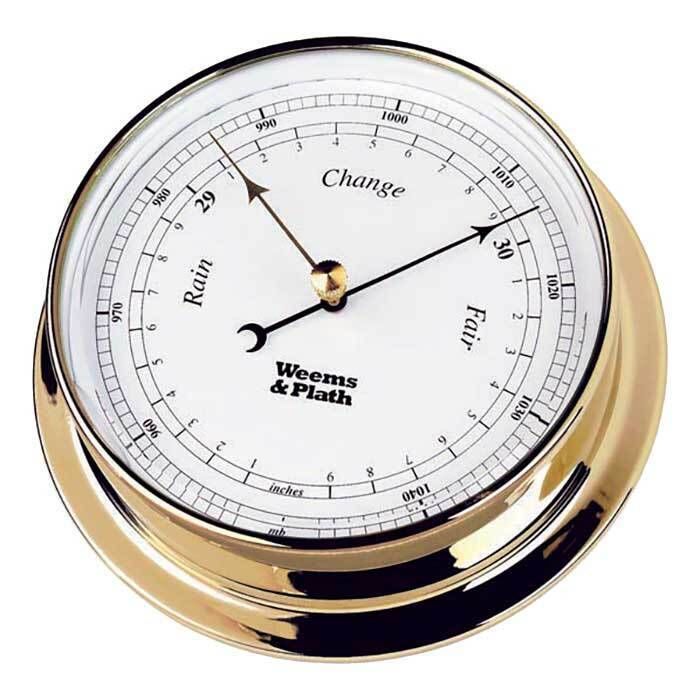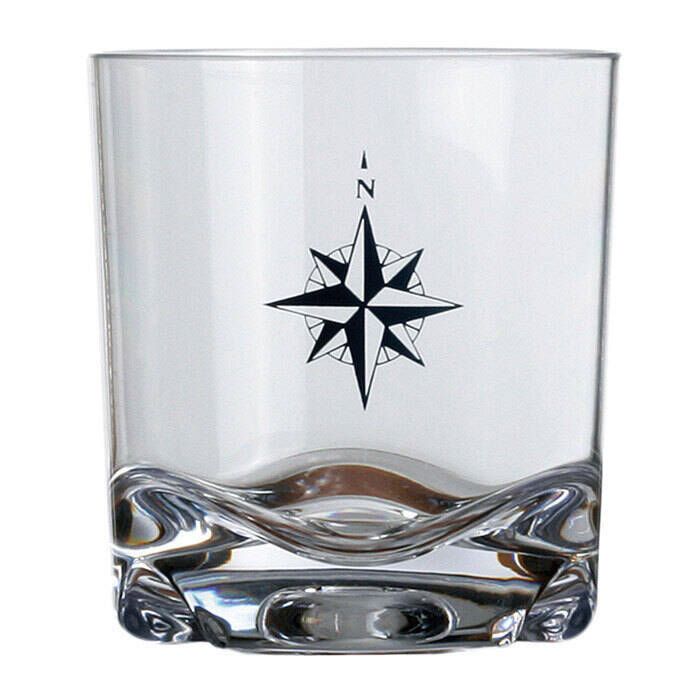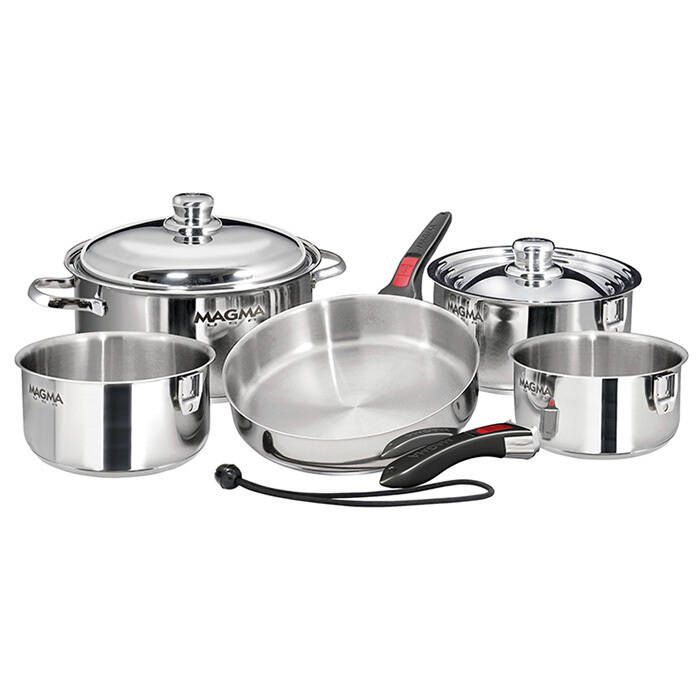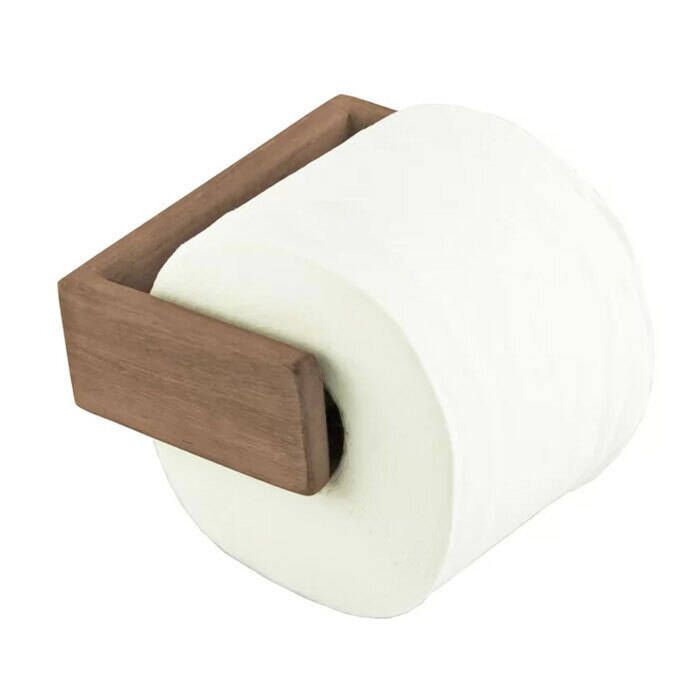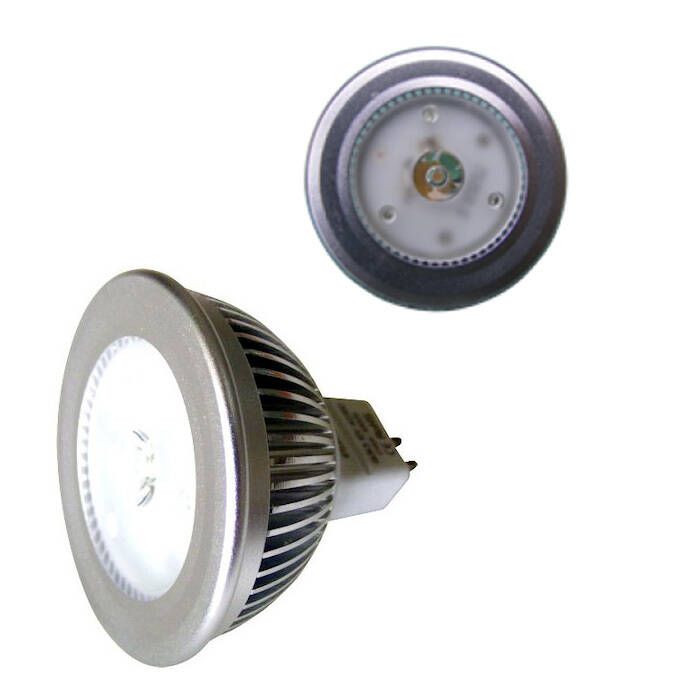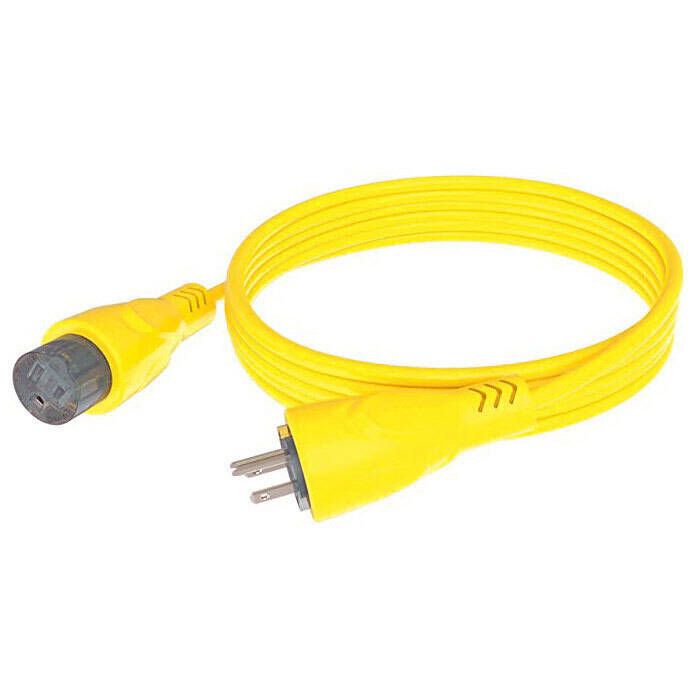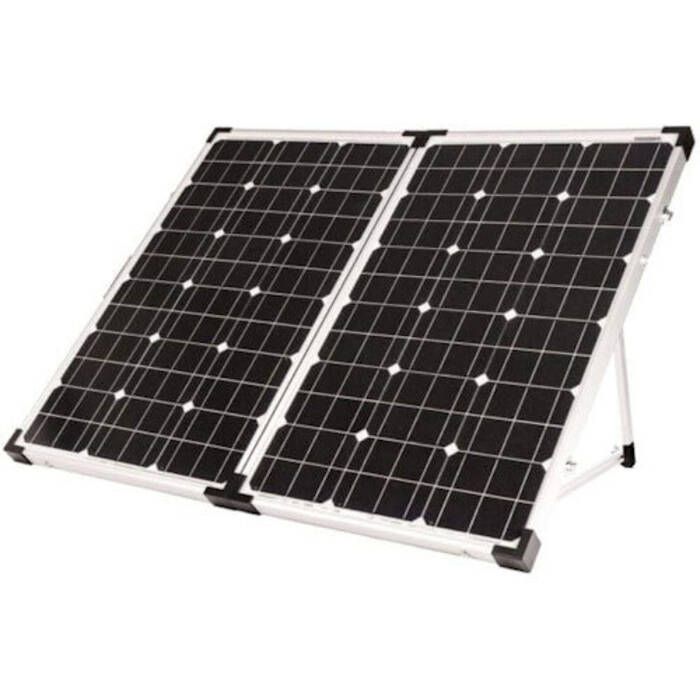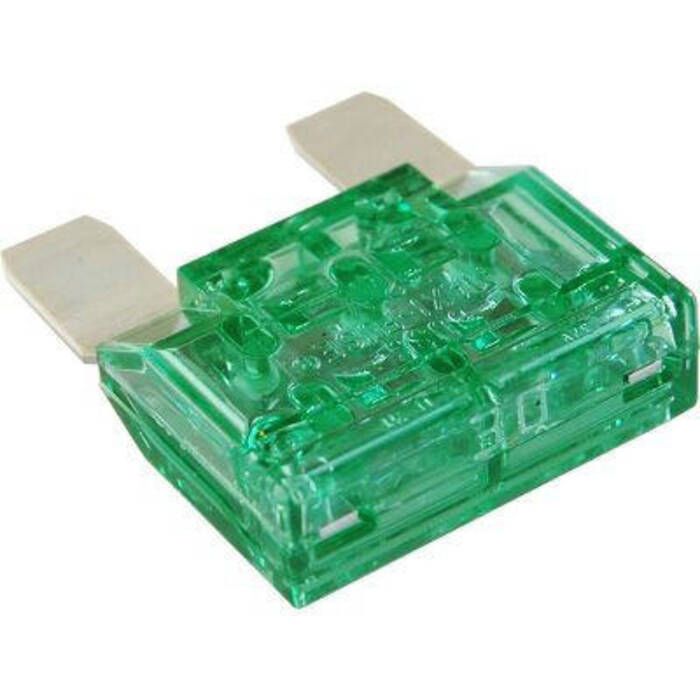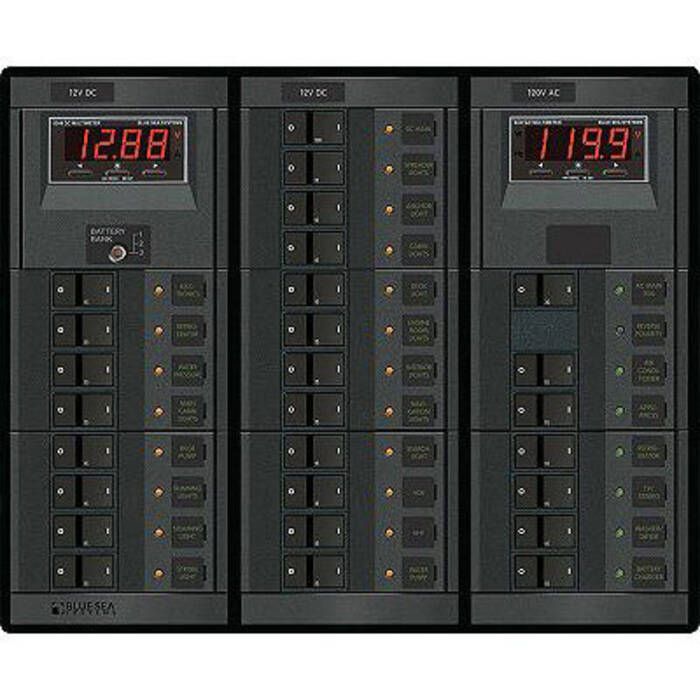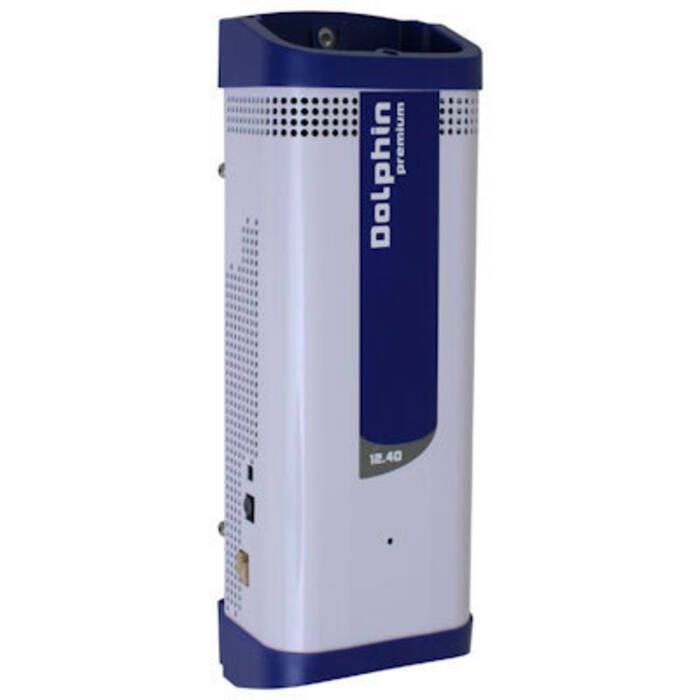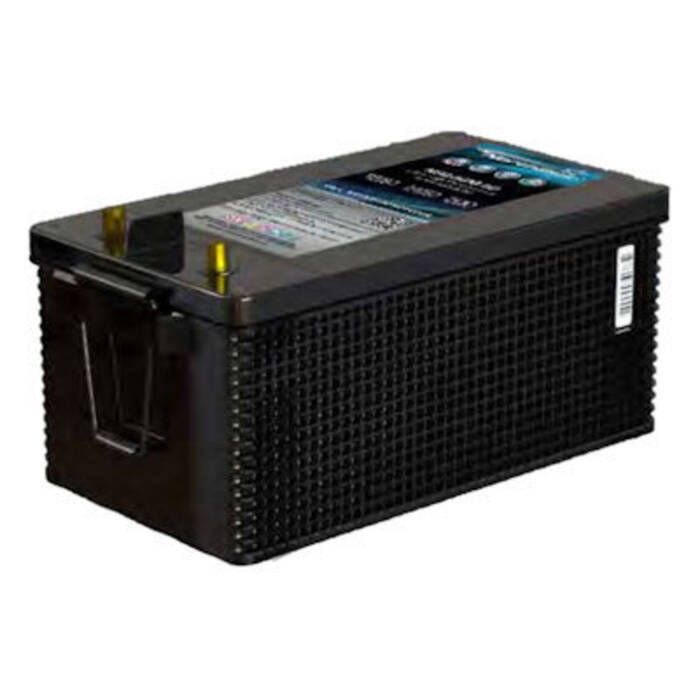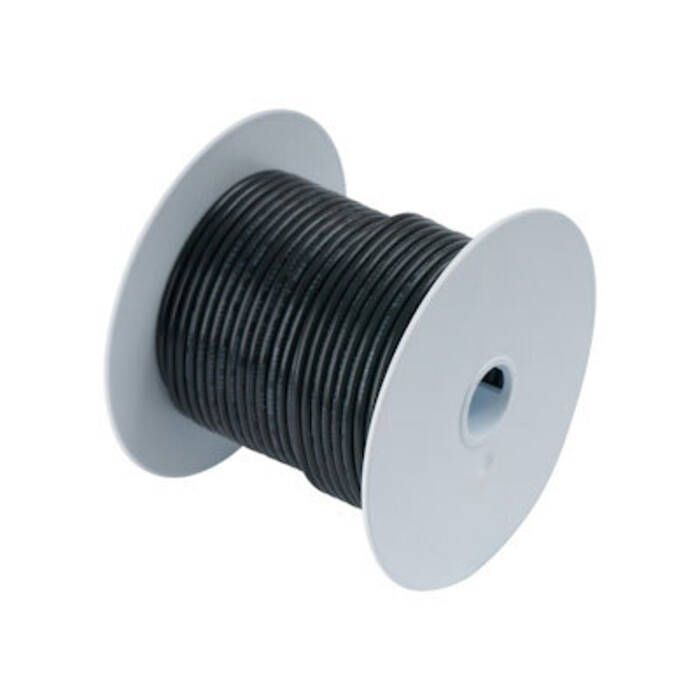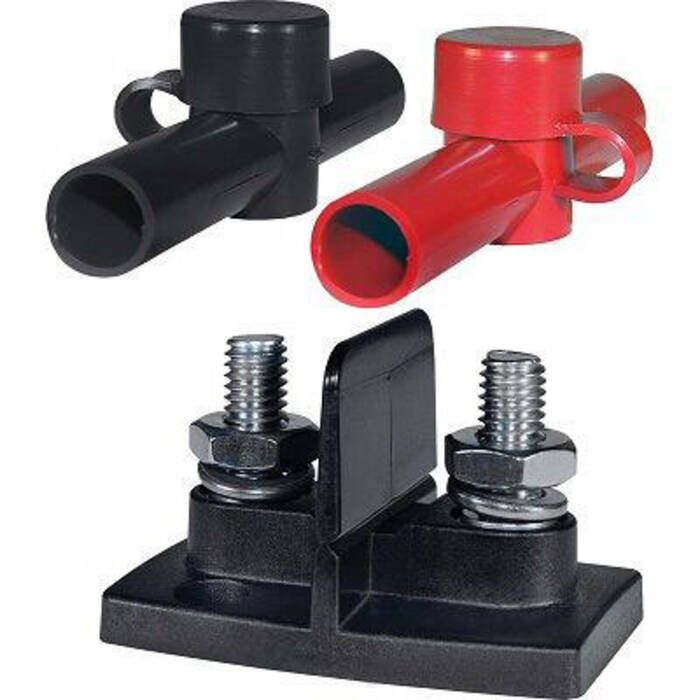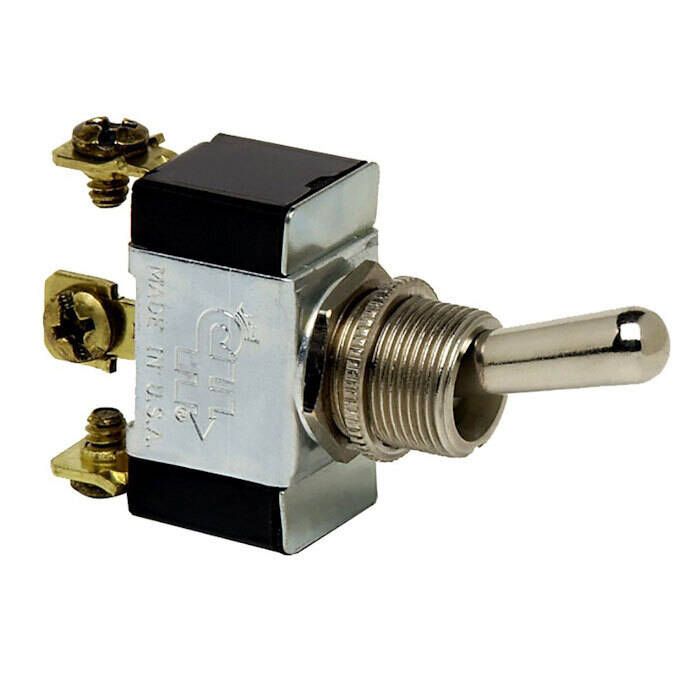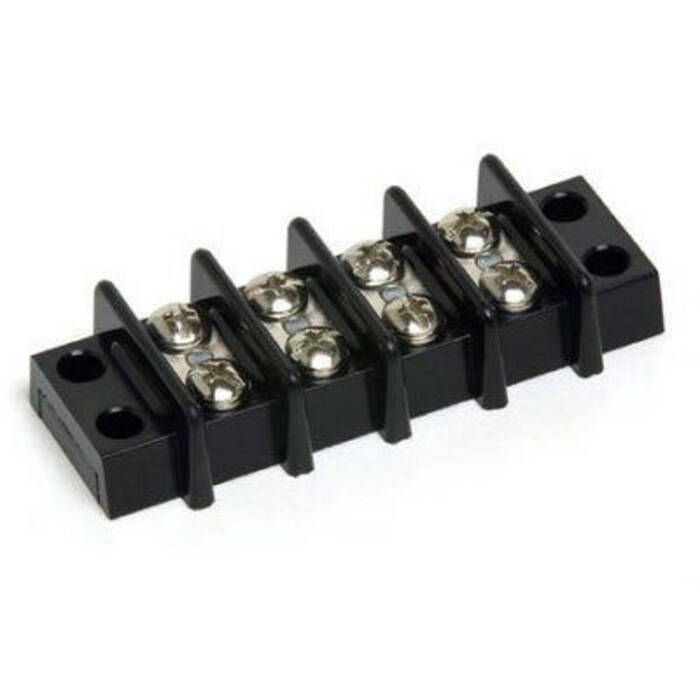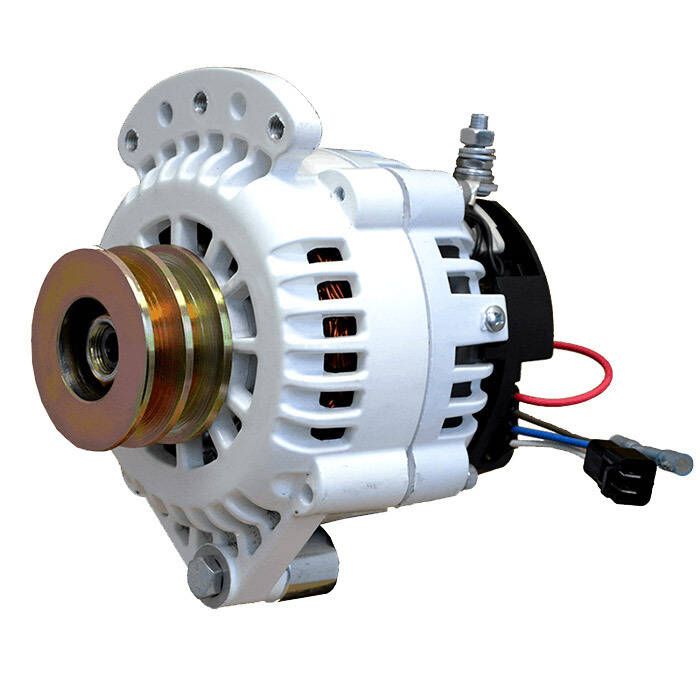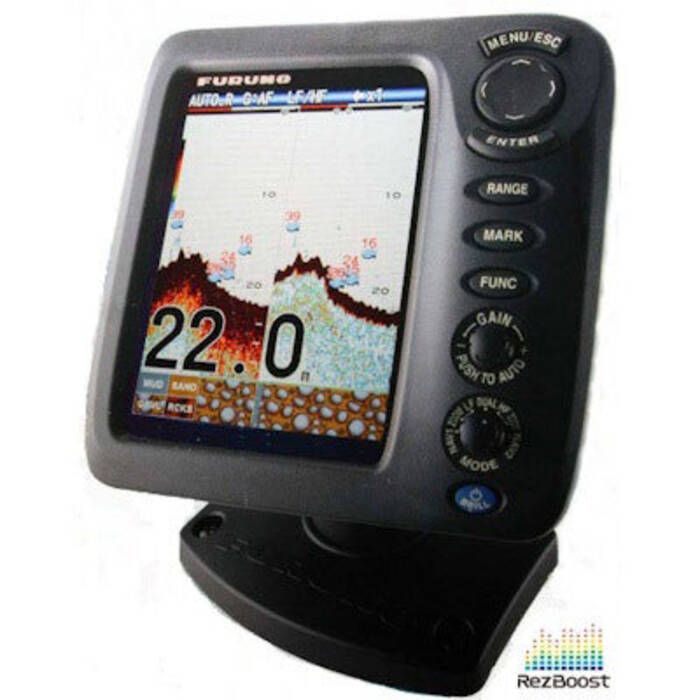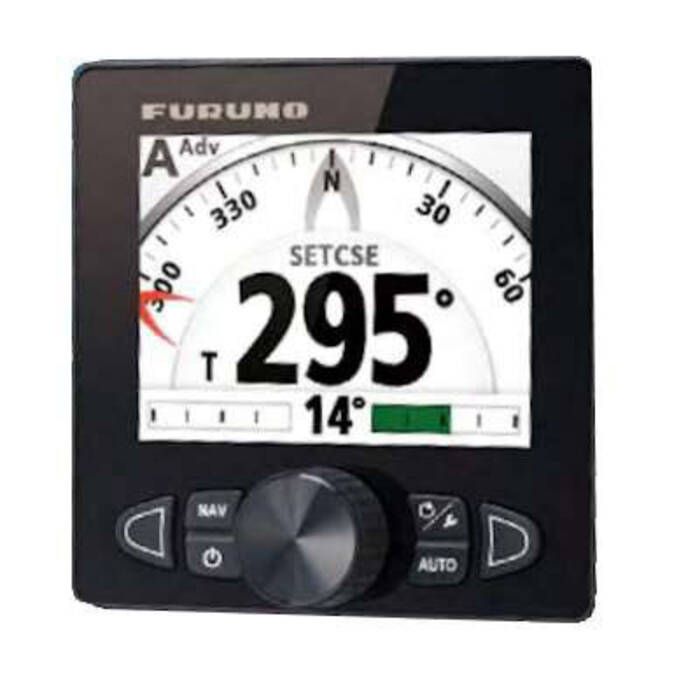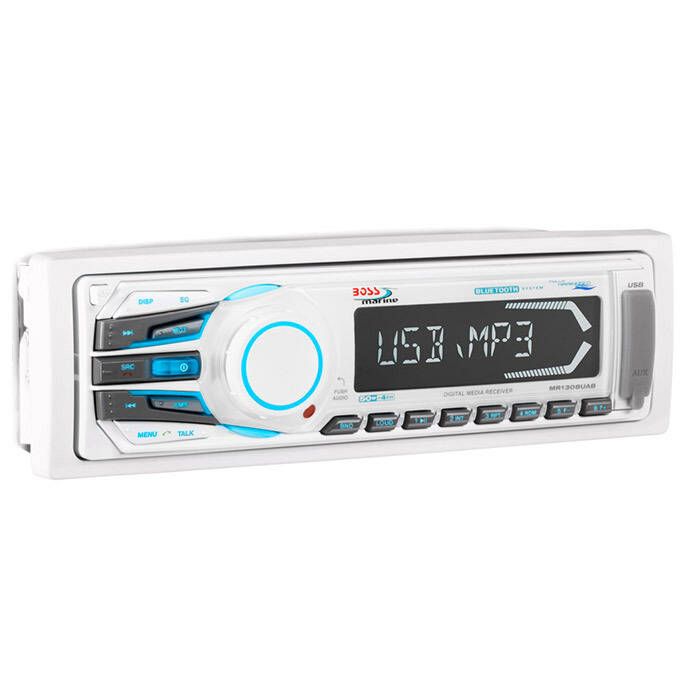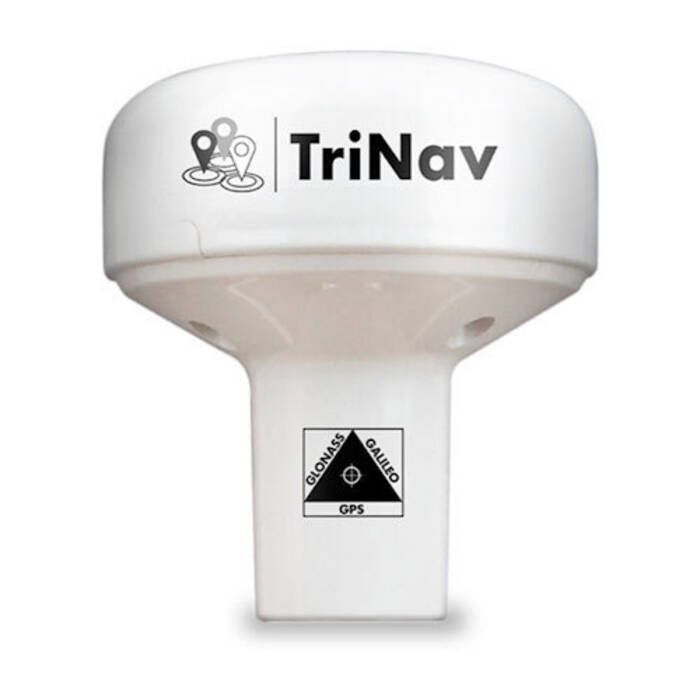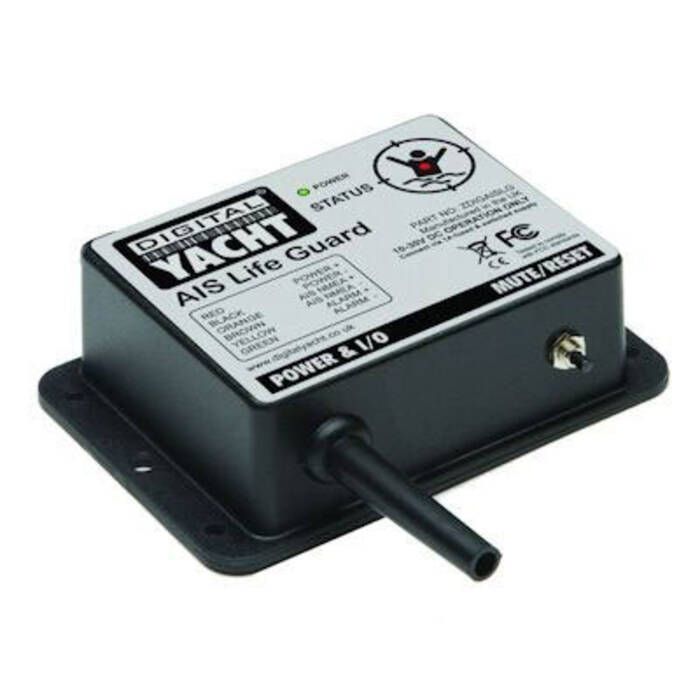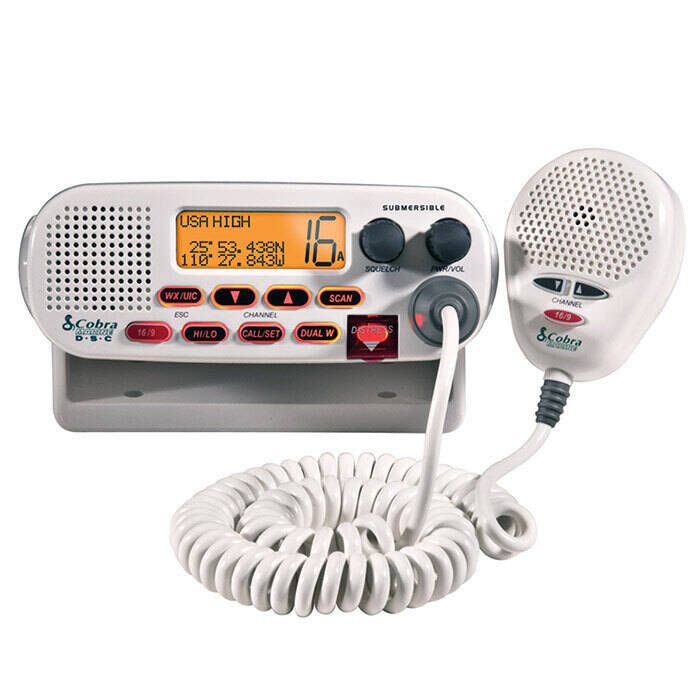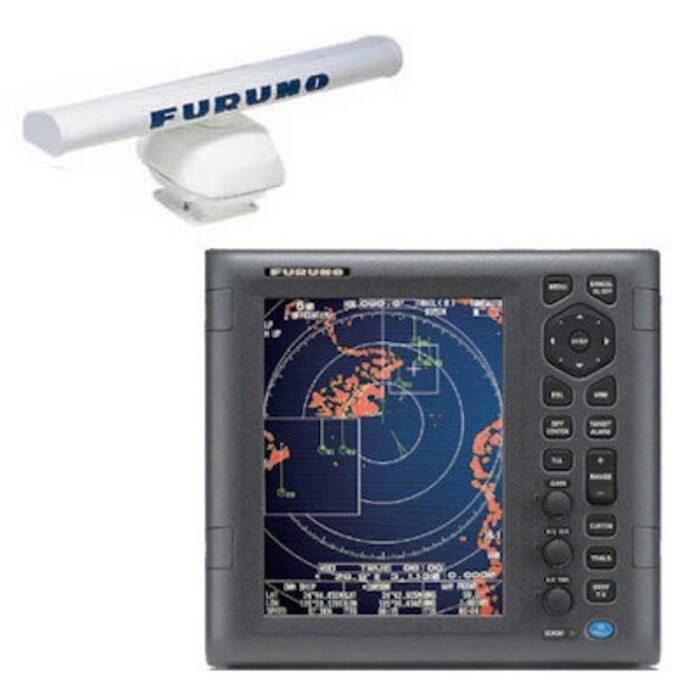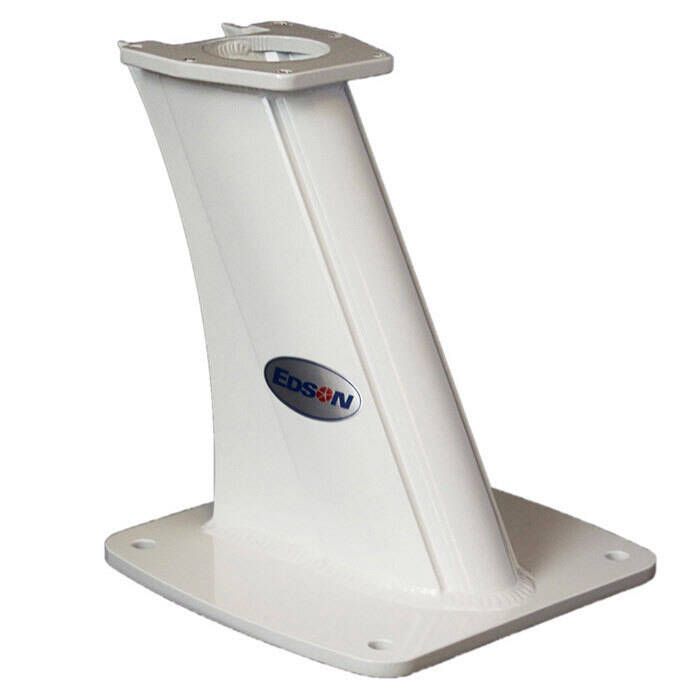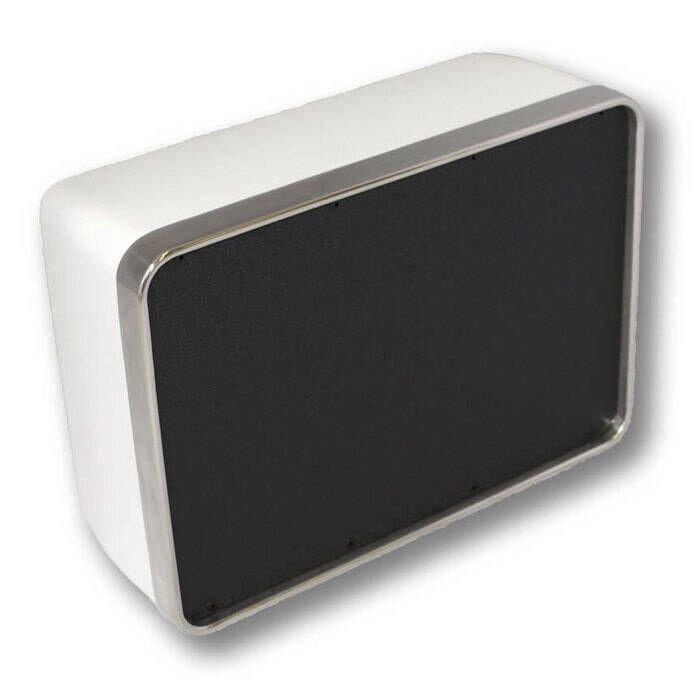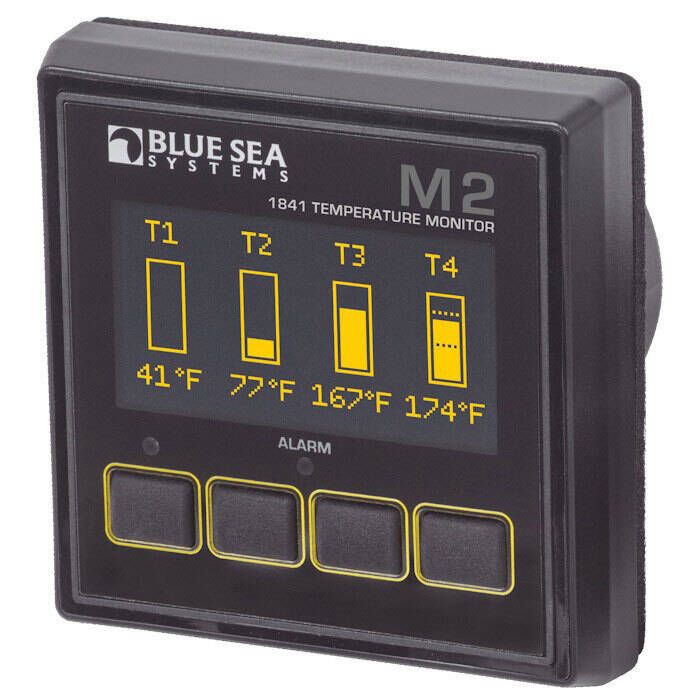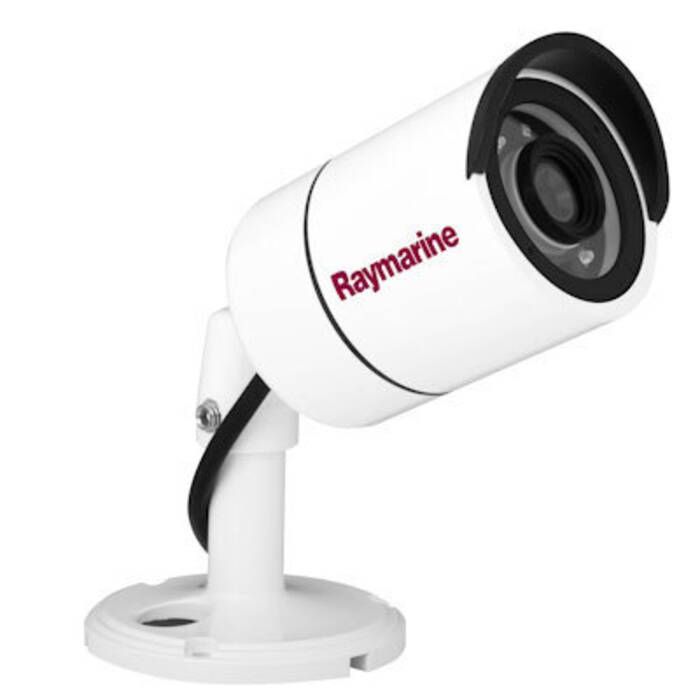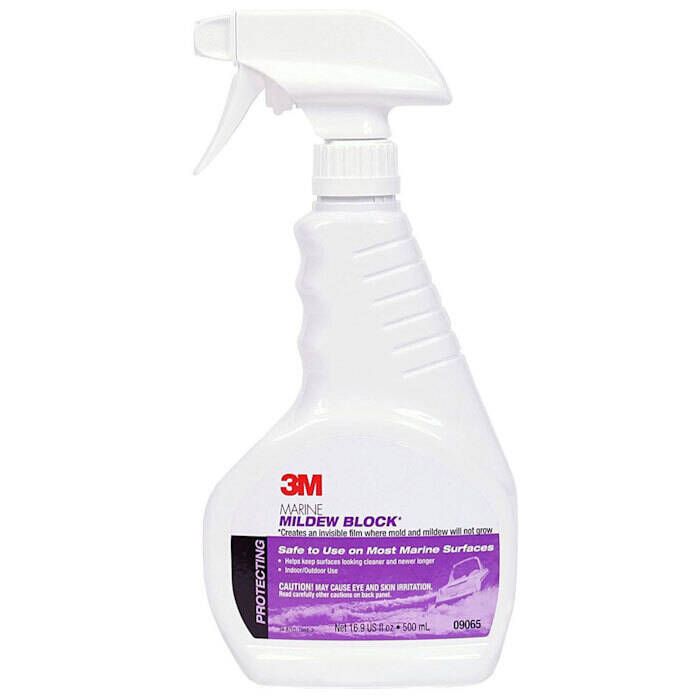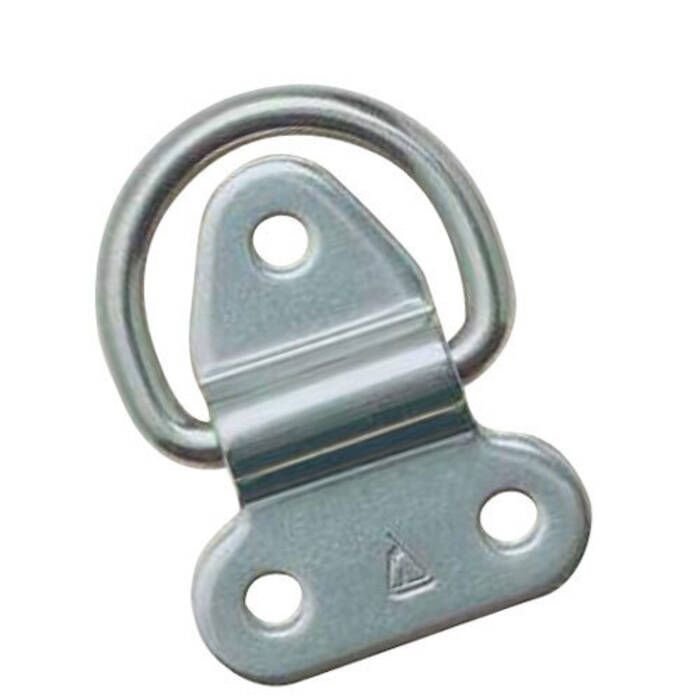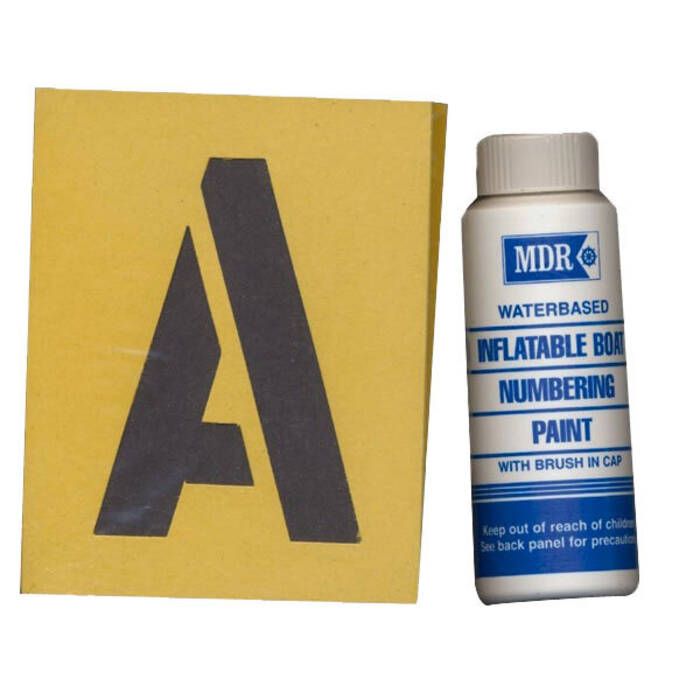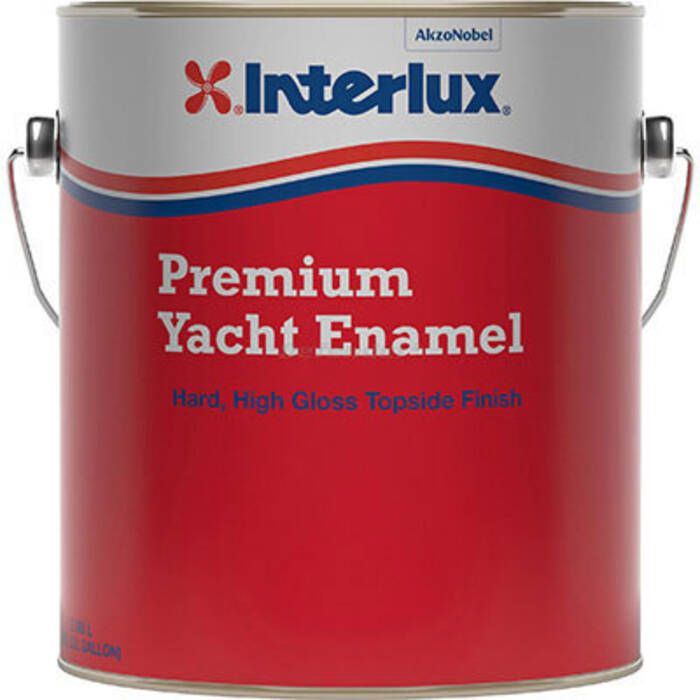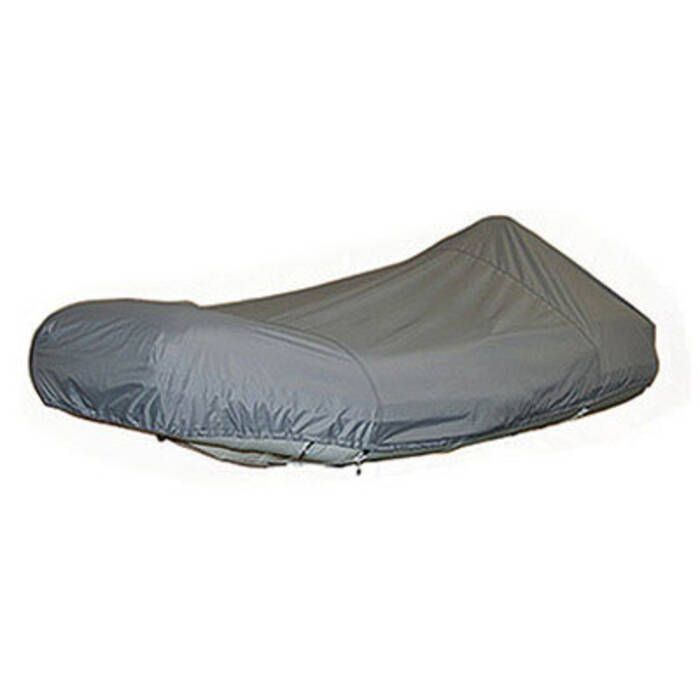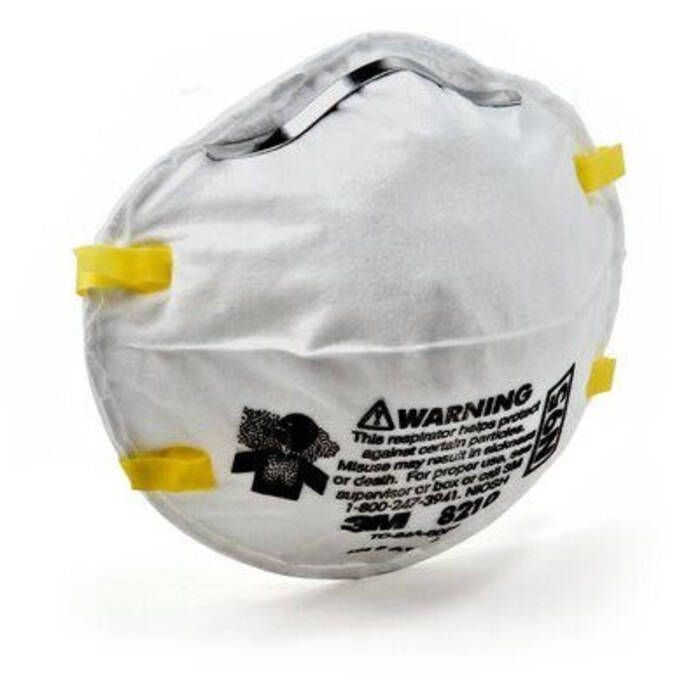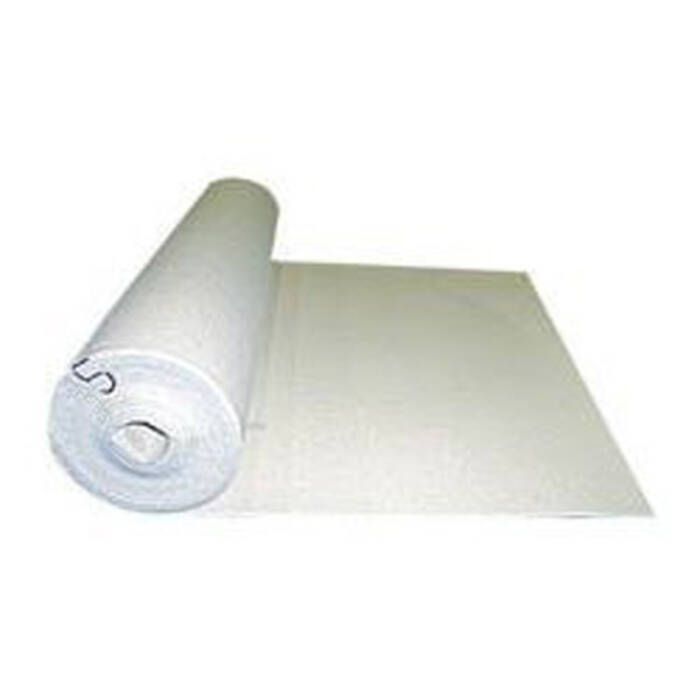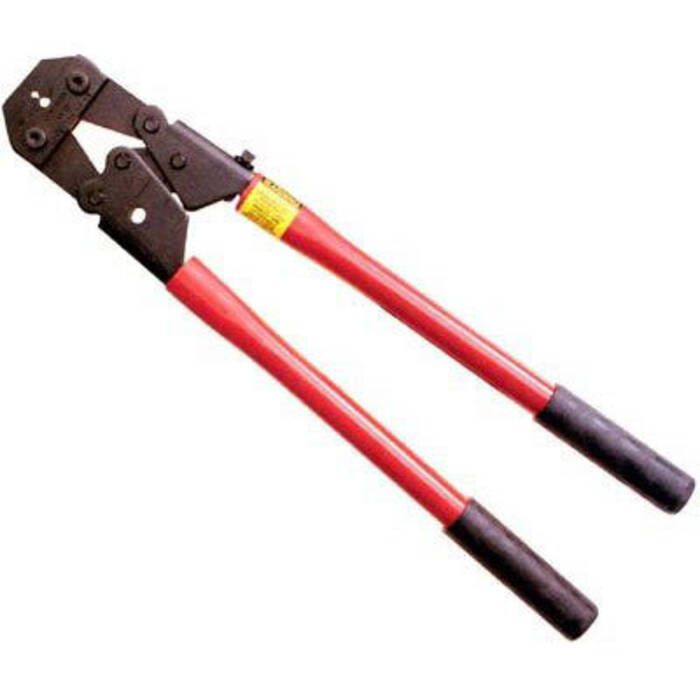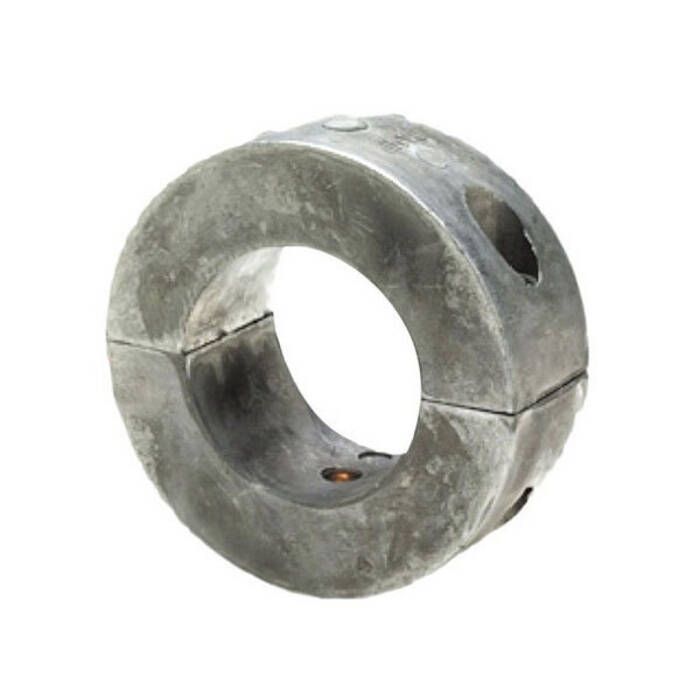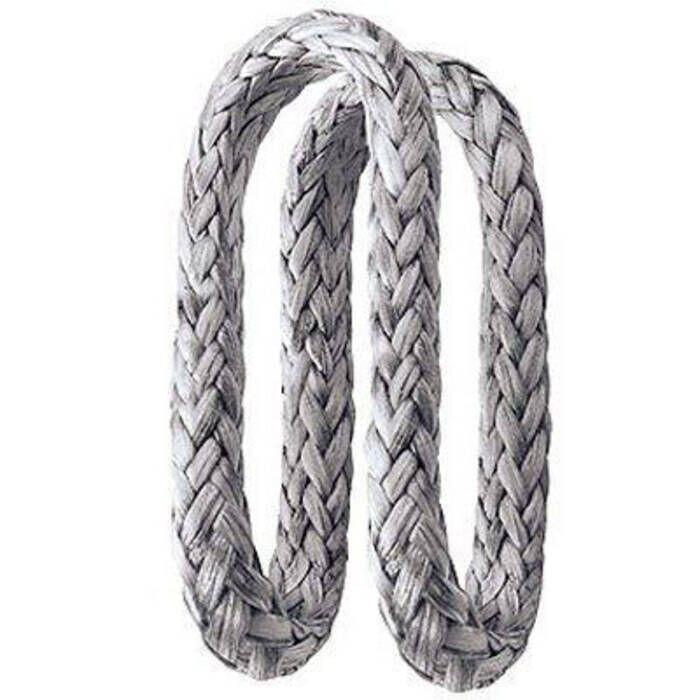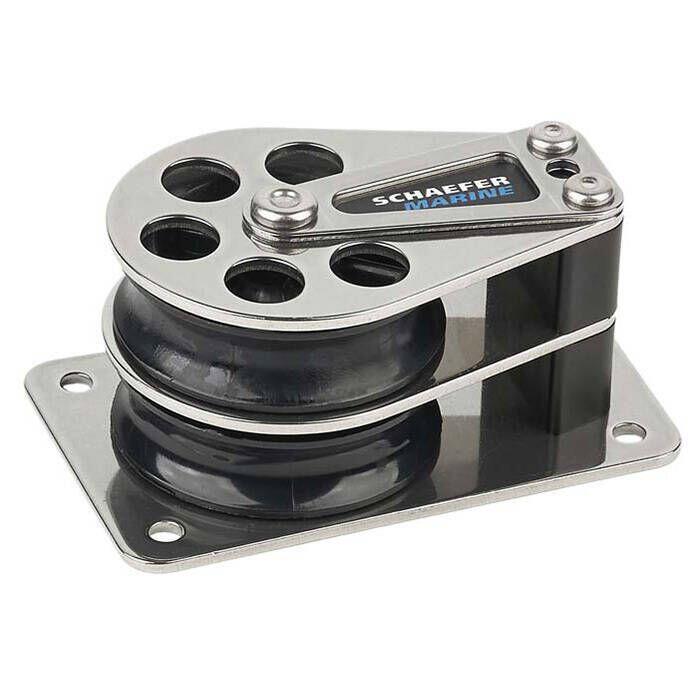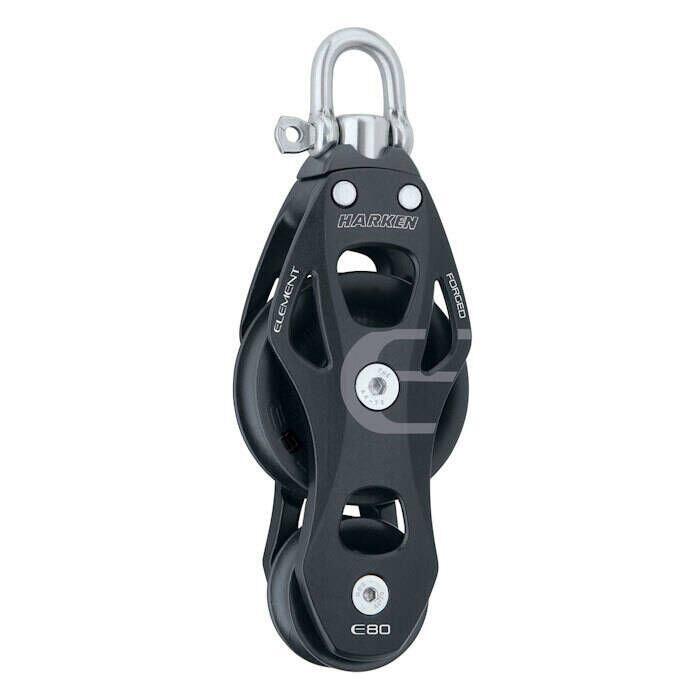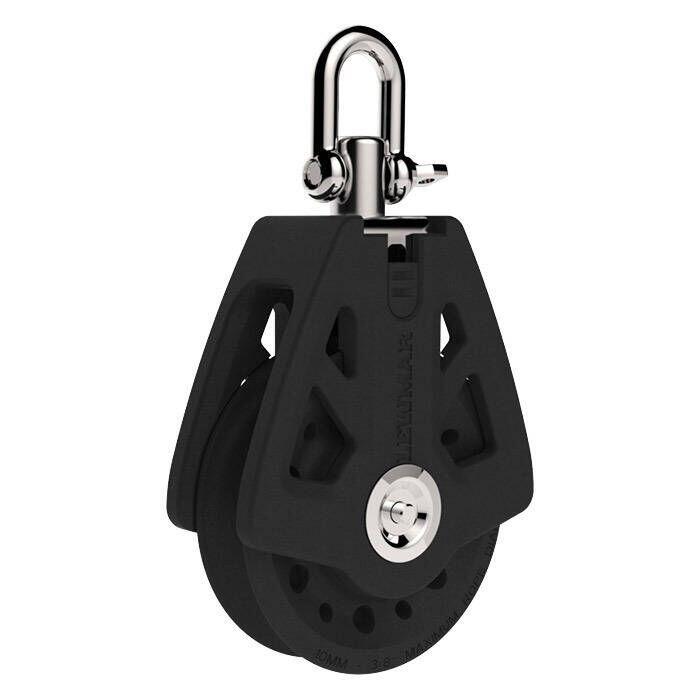Poulies
-

Harken - Poulie de Pied Élément en Aluminium - 45 mm (1 3/4") - 6237
86,91 $ -

Harken - Poulie Violon Carbo Air - 57 mm (2 1/4") - 2673
148,93 $ -
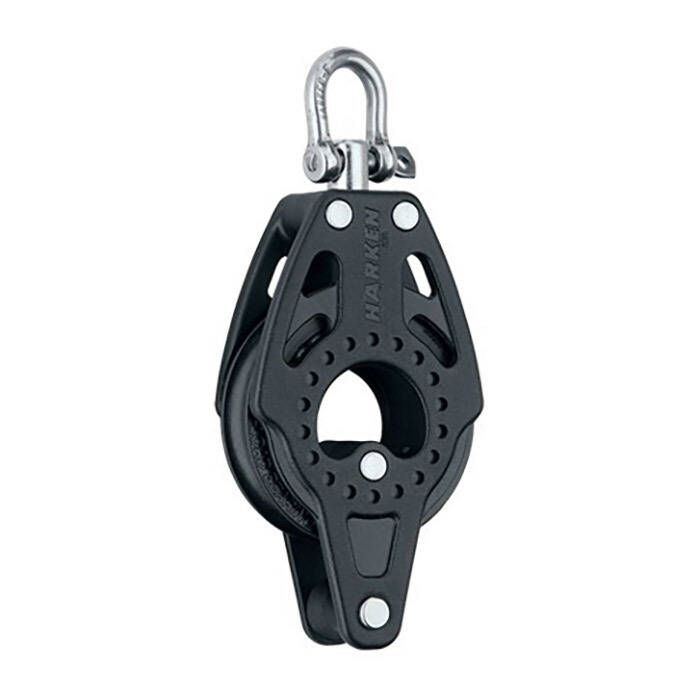
Harken - Bloc Carbo Air - 75 mm (2 15/16") - 2661
155,93 $ -

Harken - Bloc de Joue Carbo Air - 75 mm (2 15/16") - 2672
147,53 $ -

Harken - Boucle T2 à Fixation Souple - 140 mm (5 1/2") - 2154
22,93 $ -

Harken - Micro Poulie Violon - 22 mm (7/8") - 245
66,33 $ -

Harken - Bloc Carbo Air - 29 mm (1 1/8") - 341
48,13 $ -

Harken - Bloc Double Carbo Air - 29 mm (1 1/8") - 343
80,33 $ -
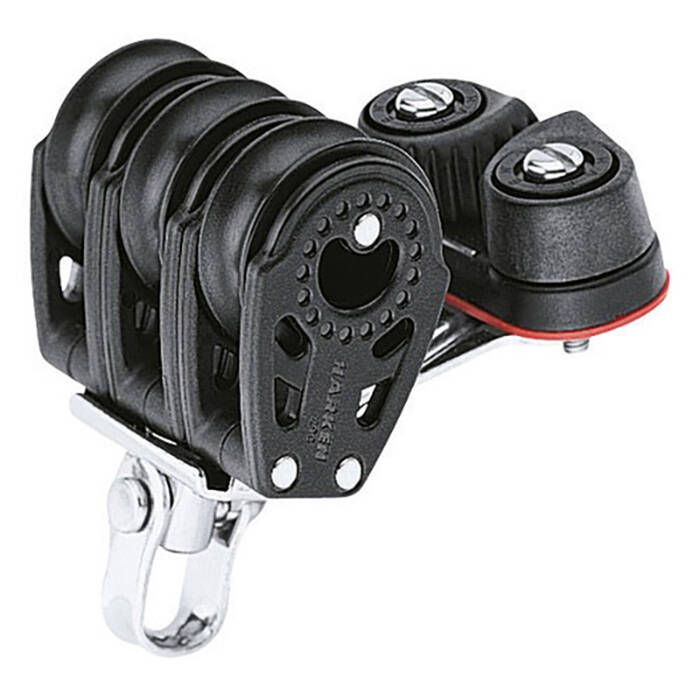
Harken - Bloc Triple Carbo Air - 29 mm (1 1/8") - 346
169,93 $ -
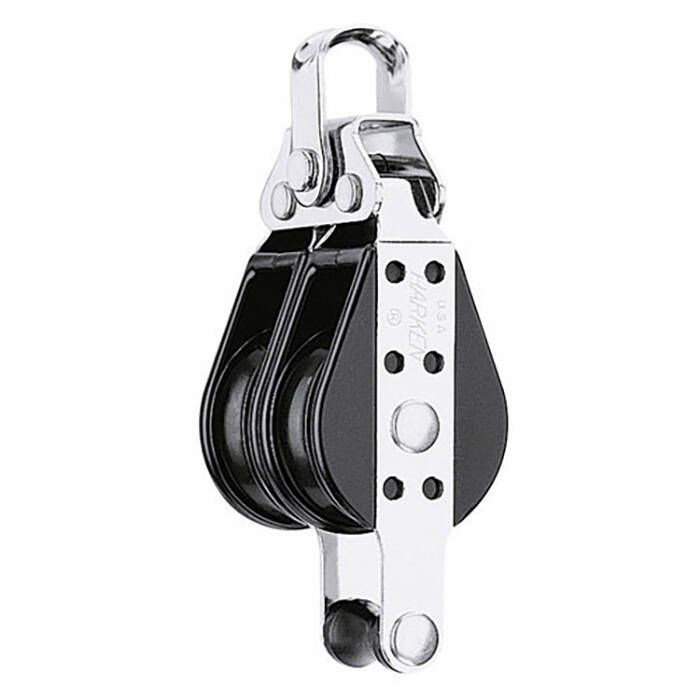
Harken - Grande Poulie Double Bullet - 38 mm (1 1/2") - 128
133,53 $ -
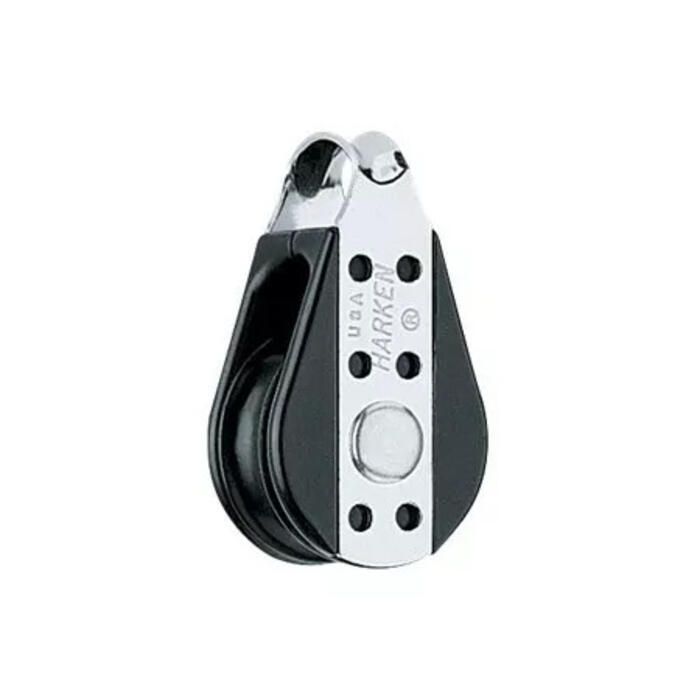
Harken - Poulie Bullet à Câble - 29 mm (1 1/8") - 098
38,33 $ -
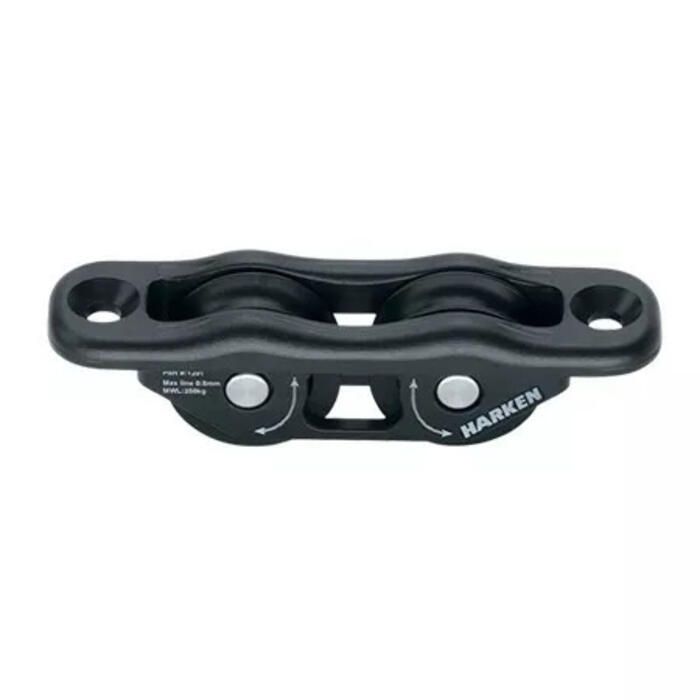
Harken - Poulie à Double Sortie Protexit - 30 mm (1 3/16") - 1201
157,33 $ -
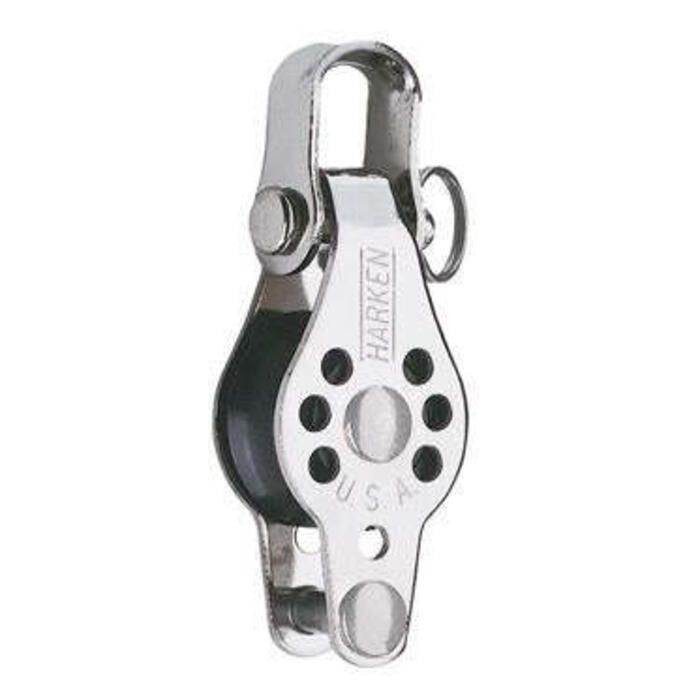
Harken - Micro Poulie avec Manille et Taquet - 22 mm (7/8") - 235
34,13 $ -

Harken - Micro Poulie Traversante de Pont - 22 mm (7/8") - 242
49,53 $ -

Harken - Micro Poulie Violon avec V-Jam - 22 mm (7/8") - 244
60,73 $ -

Harken - Poulie Carbo 90 degrés - 29 mm (1 1/8") - 352
32,73 $ -

Harken - Poulie Double de Barre d'Écoute - 29 mm (1 1/8") - 353
52,33 $ -

Harken - Bloc de Joue Pivotant - 16 mm (5/8") - 432
31,33 $ -
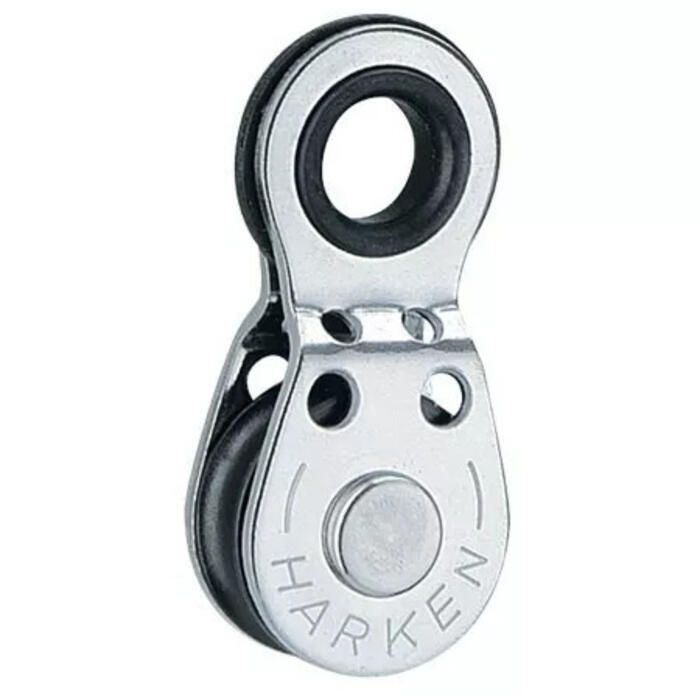
Harken - Poulie à Tête à Virole Étroite - 16 mm (5/8") - 467
28,53 $ -
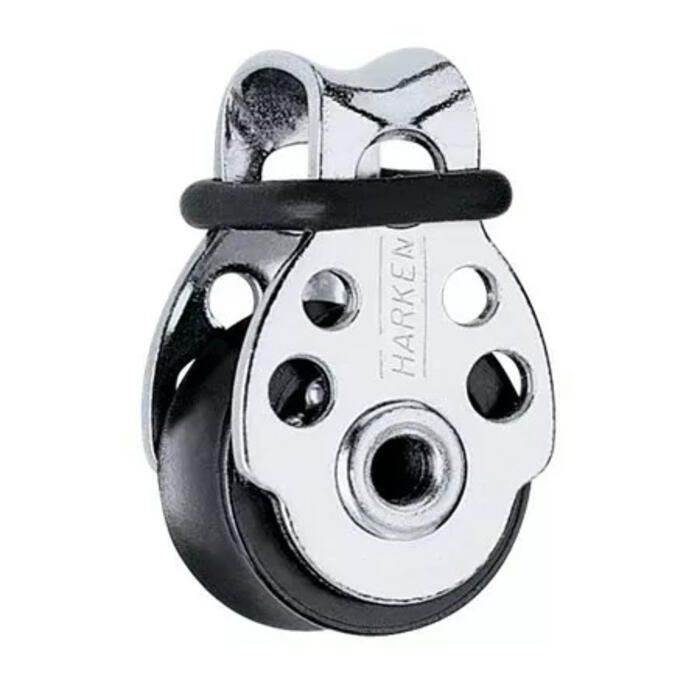
Harken - Poulie Simple à Tête Fixe - 16 mm (5/8") - 404
25,73 $ -

Harken - Bloc de Joue - 16 mm (5/8") - 416
28,53 $ -
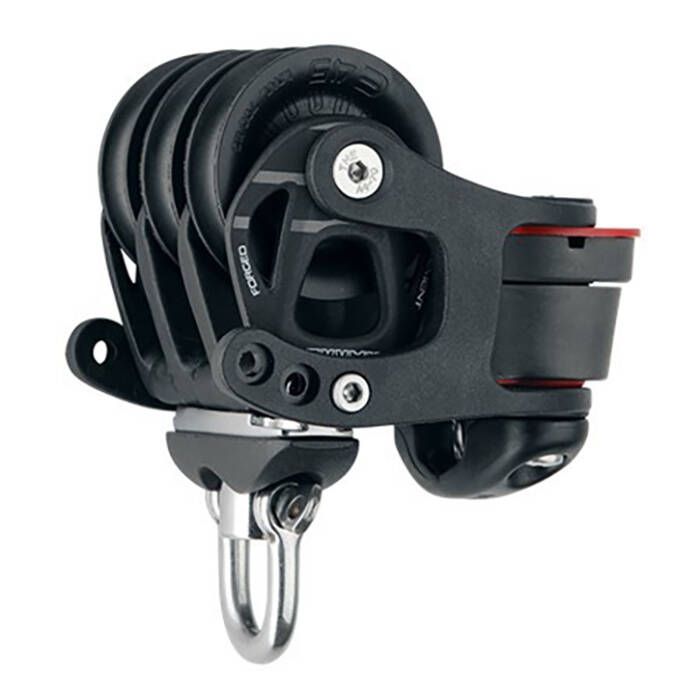
Harken - Poulie Triple en Aluminium Element avec Émerillon - 45 mm (1 3/4") - 6242
264,57 $ -

Harken - Bloc de Joue Carbo Air - 57 mm (2 1/4") - 2606
71,93 $ -
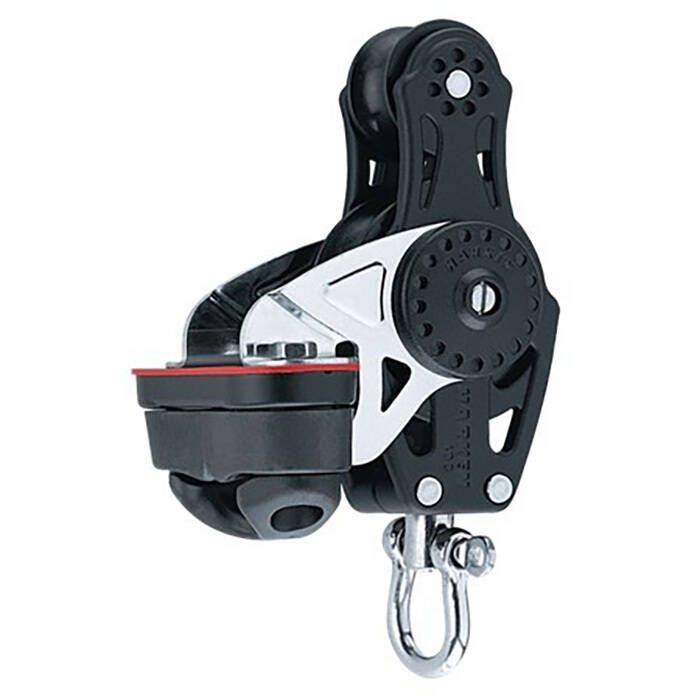
Harken - Poulie Violon Carbo Air - 57 mm (2 1/4") - 2623
238,53 $ -
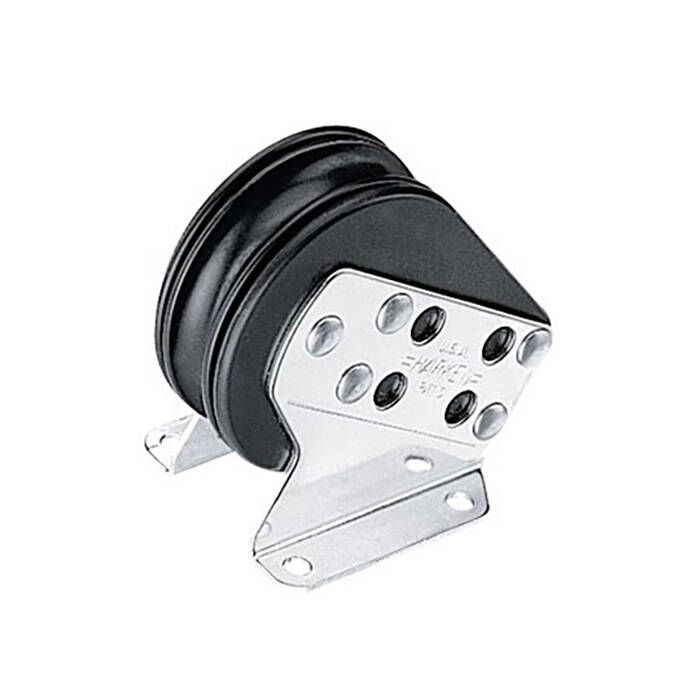
Harken - Poulie de Renvoi Verticale - 57 mm (2 1/4") - 206
122,33 $ -

Harken - Poulie Élément en Aluminium - 60 mm (2 3/8") - 6268
131,78 $ -
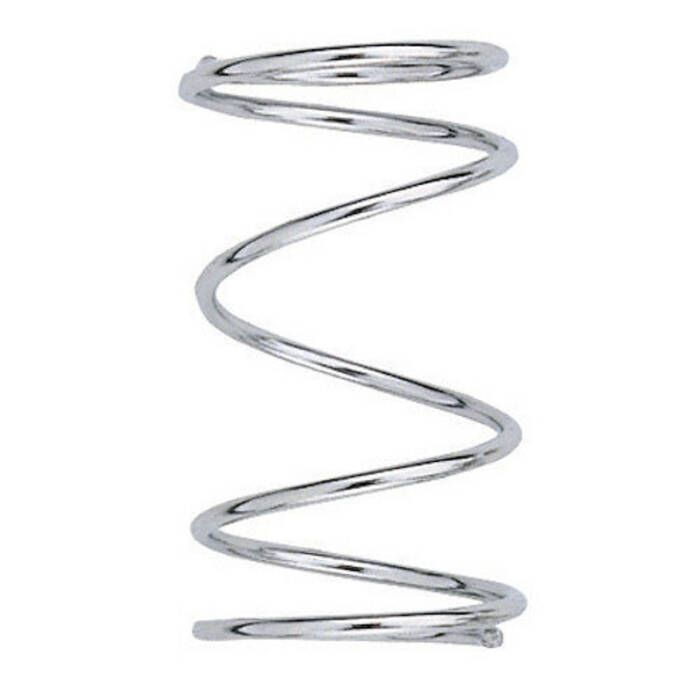
Harken - Ressort Stand-Up - 22 mm (7/8") - 071
2,36 $ -

Harken - Ressort Stand-Up - 19 mm (3/4") - 097
2,63 $ -

Harken - Micro Poulie Verticale - 22 mm (7/8") - 243
29,93 $ -

Harken - Poulie pour Ligne/Câble - 25 mm (1") - 300
66,33 $ -
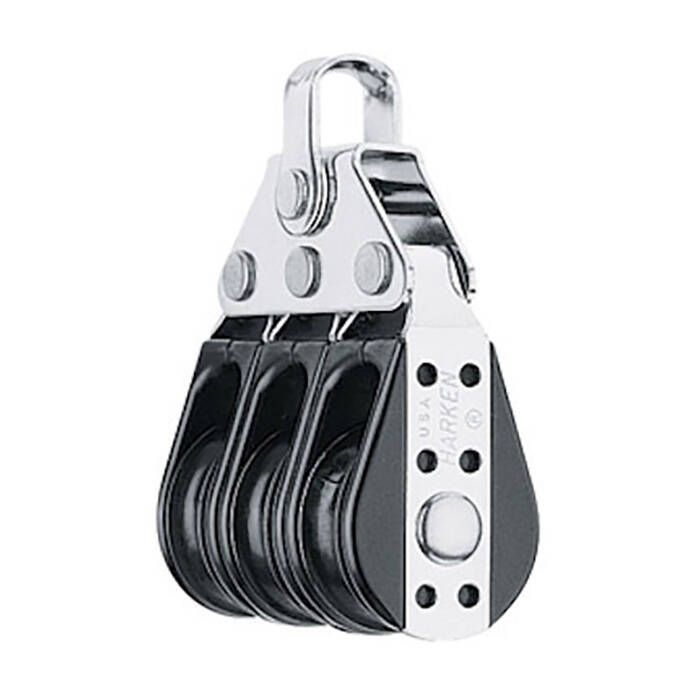
Harken - Bloc Triple Bullet - 29 mm (1 1/8") - 086
106,93 $ -
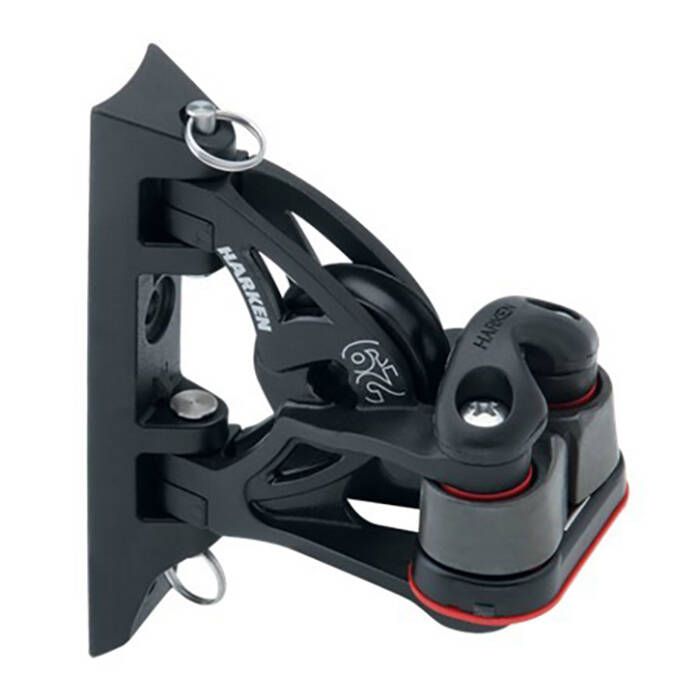
Harken - Bloc de Guidage Carbo - 29 mm (1 1/8") - 396
101,33 $ -

Harken - Poulie de Renvoi Double Verticale Bullet - 29 mm (1 1/8") - 220
73,33 $ -

Harken - Poulie Bullet à Travers le Pont - 29 mm (1 1/8") - 088
41,13 $ -
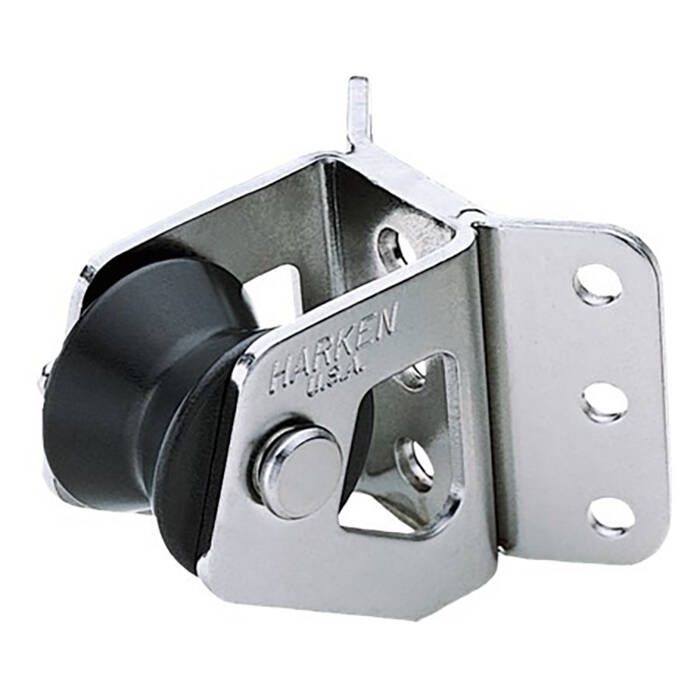
Harken - Retenue de Drisse - 31 mm (1 1/4") - 945
154,53 $ -
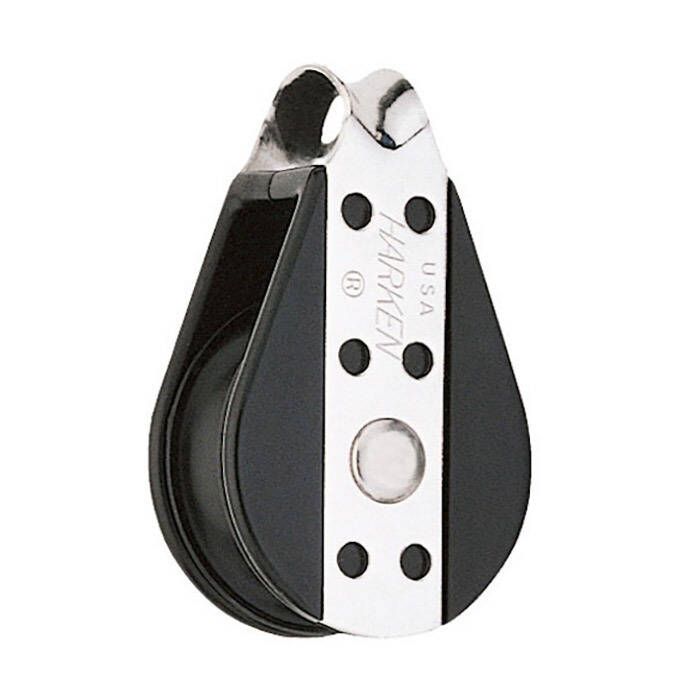
Harken - Grande Poulie Bullet - 38 mm (1 1/2") - 125
50,93 $ -
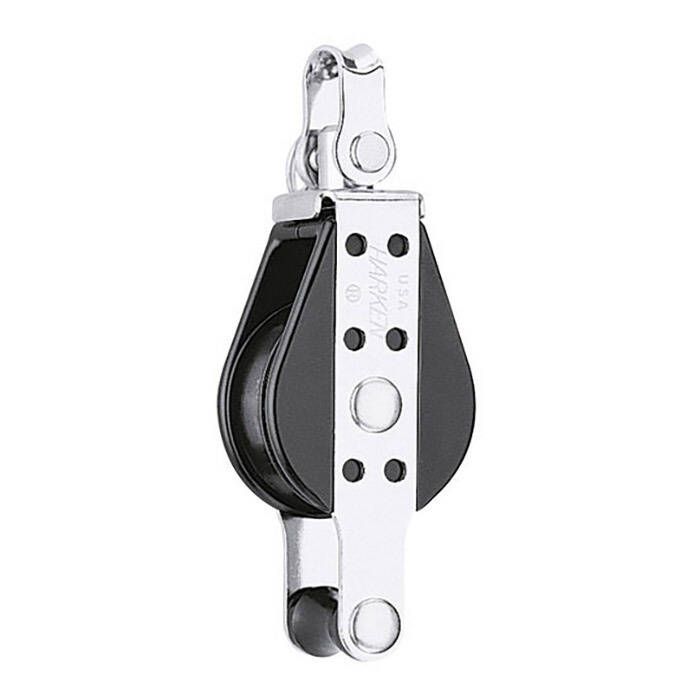
Harken - Grande Poulie Bullet - 38 mm (1 1/2") - 169
73,33 $ -
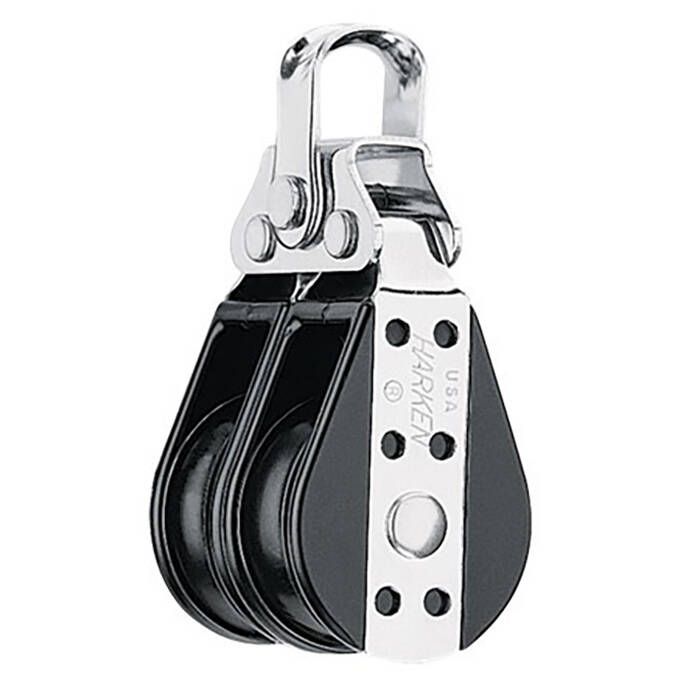
Harken - Grande Poulie Double Bullet - 38 mm (1 1/2") - 127
127,93 $ -
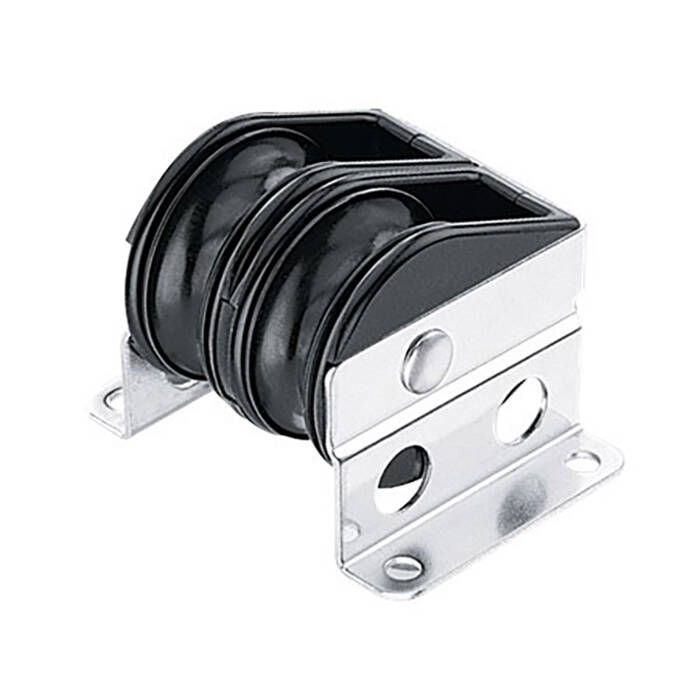
Harken - Grande Poulie Verticale Bullet - 38 mm (1 1/2") - 223
125,13 $ -
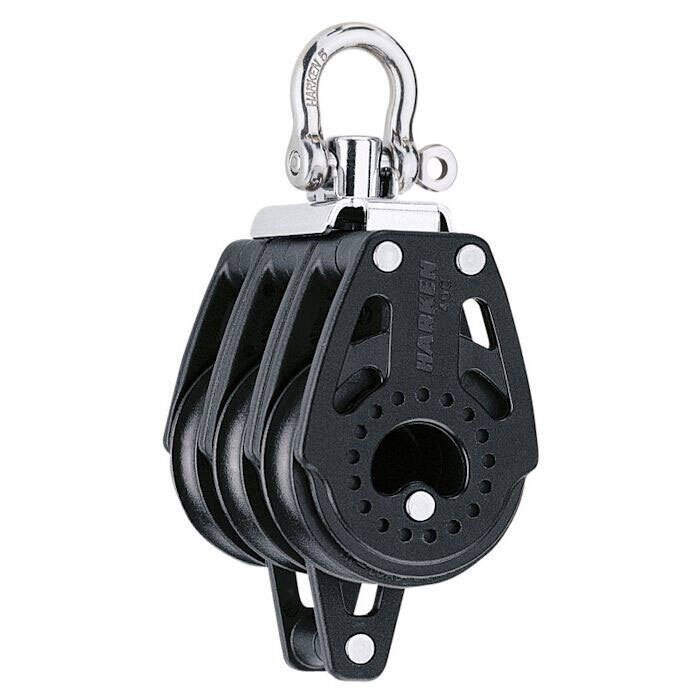
Harken - Bloc Triple Carbo Air - 40 mm (1 9/16") - 2641
206,33 $ -
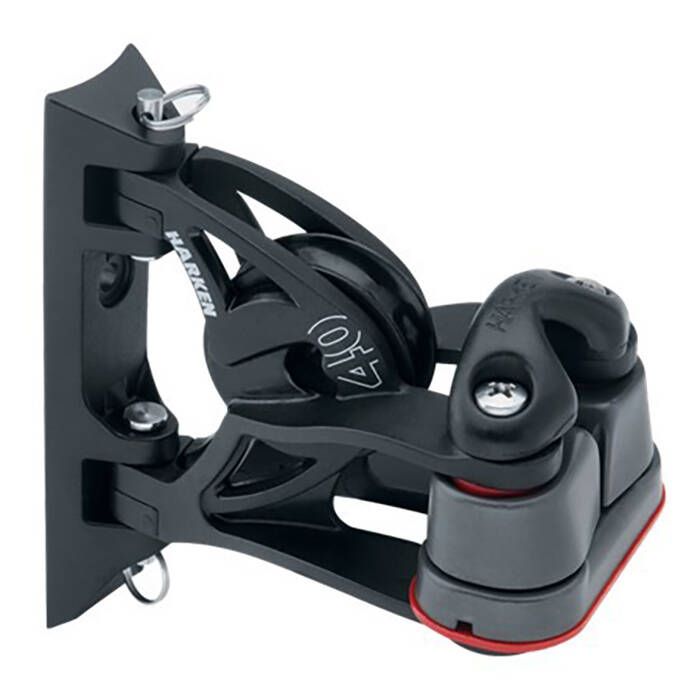
Harken - Bloc de Guidage Carbo - 40 mm (1 9/16") - 2157
116,73 $ -
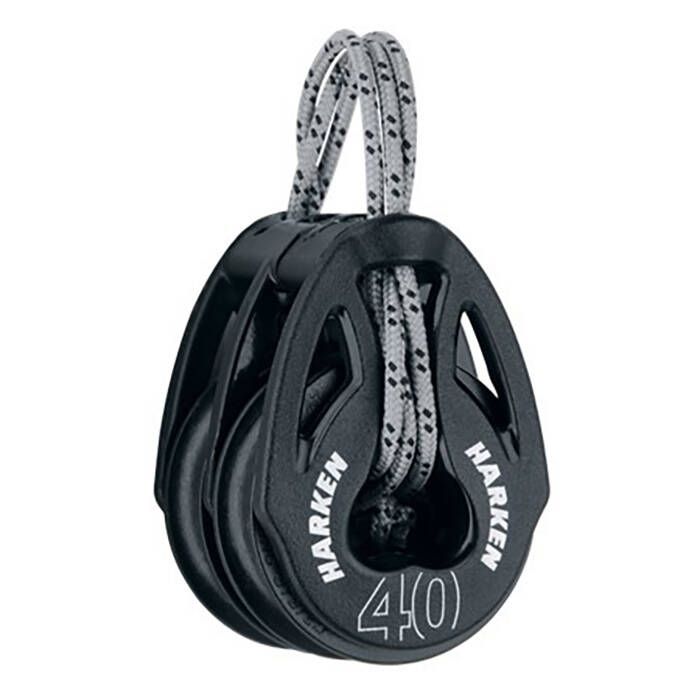
Harken - Poulie Double Carbo T2 à Fixation Souple - 40 mm (1 9/16") - 2150
101,33 $ -
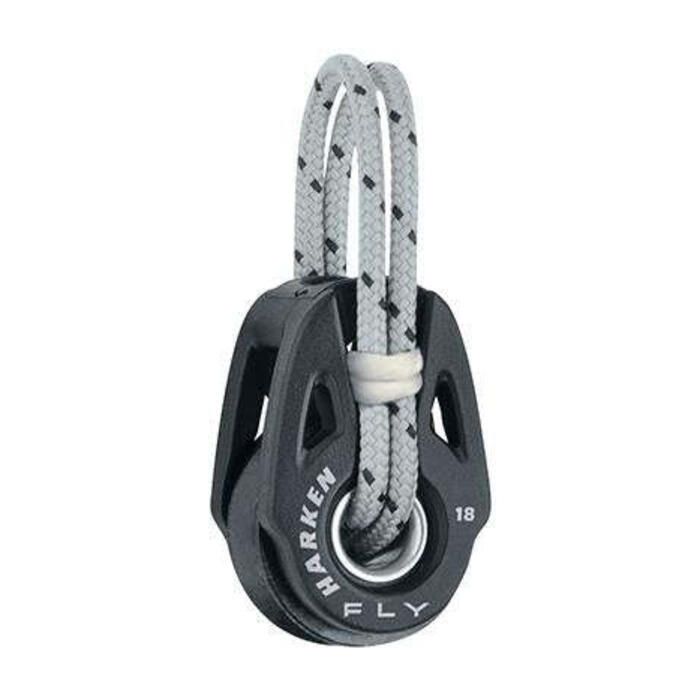
Harken - Poulie à Fixation Souple Fly Étroite - 18 mm (23/32") - 2161
35,53 $ -
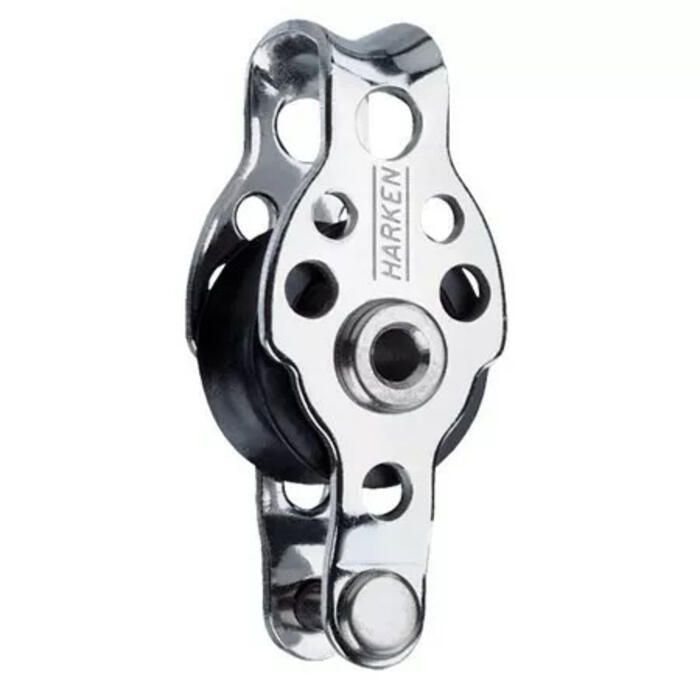
Harken - Poulie Simple avec Taquet - 16 mm (5/8") - 405
28,53 $ -
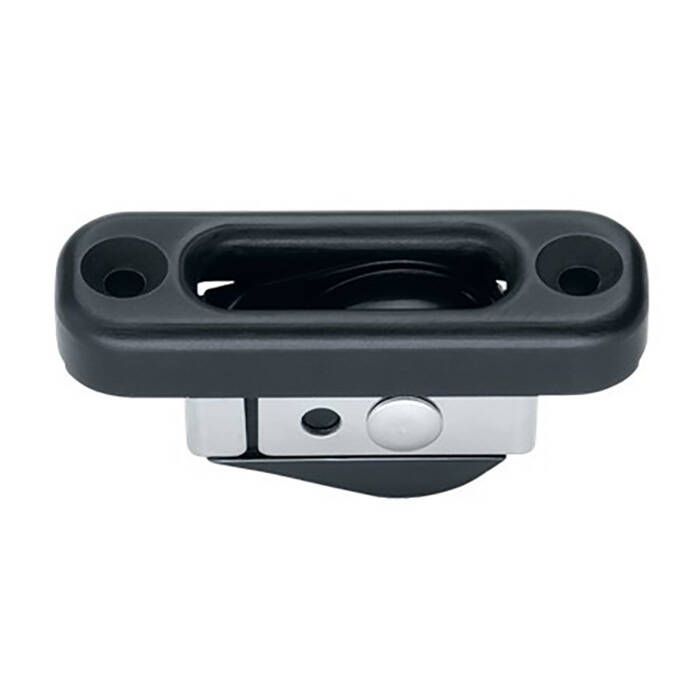
Harken - Poulie Bullet à Travers le Pont avec Couvercle en Aluminium - 29 mm (1 1/8") - 110
113,98 $ -

Harken - Grande Poulie Bullet - 38 mm (1 1/2") - 126
57,93 $ -

Harken - Grande Poulie Bullet - 38 mm (1 1/2") - 146
59,33 $ -

Harken - Grande Poulie Bullet - 38 mm (1 1/2") - 147
69,13 $
About Poulies
Marine Blocks: Buyer’s Guide
Introduction
For avid sailors and boating enthusiasts, selecting the right marine blocks is crucial for a seamless and safe sailing experience. Marine blocks play an essential role in the efficient and effective operation of a boat's rigging system. This guide is designed to help you understand the nuances of marine blocks and make an informed decision when purchasing them.
Section 1: What Are Marine Blocks?
Marine blocks are pulleys used in the rigging of boats and ships. They facilitate the changing of direction and point of application of a force applied to a rope. In simpler terms, they are used to lift heavy loads, adjust sails, and aid in maneuvering the boat.
Types of Marine Blocks
- Single Blocks: Used for basic applications, these have one wheel and one sheave.
- Double Blocks: With two sheaves, they offer more mechanical advantage.
- Swivel Blocks: These can rotate to prevent rope twisting.
- Fiddle Blocks: Combine different sizes of sheaves in one block for versatile applications.
Section 2: Factors to Consider When Buying Marine Blocks
Material and Durability
Marine blocks are typically made from stainless steel or composite materials. The choice depends on the sailing conditions and the required strength-to-weight ratio.
Load Capacity and Size
Consider the maximum load the block will handle and ensure it matches your requirements. The size of the block should correspond with the thickness and strength of the ropes used.
Ease of Use and Maintenance
Look for blocks that are easy to install and maintain. Blocks with ball bearings offer smoother operation but may require more maintenance than plain bearing blocks.
Compatibility
Ensure the blocks are compatible with your boat’s rigging system and the type of sailing you do.
Section 3: Top Brands and Their Offerings
Harken Blocks
Known for high-quality, durable marine blocks. They offer a wide range of blocks for various sailing needs.
Lewmar Blocks
Offers a variety of blocks that balance performance and price, suitable for both casual and competitive sailors.
Ronstan Blocks
Famous for innovative designs, Ronstan’s blocks are popular among those looking for high-performance gear.
Section 4: Maintenance and Care for Marine Blocks
Regular maintenance includes cleaning, inspecting for wear and tear, and lubrication. Always follow the manufacturer’s guidelines for care and maintenance to ensure longevity and optimal performance.
Conclusion
Choosing the right marine block involves understanding your sailing needs, the types of blocks available, and the best brands in the market. With this guide, you are now equipped to make an informed decision that enhances your boating experience.
FAQs
Q: Can I use any block for any type of sailing?
A: No, it's important to choose a block based on the specific needs of your sailing activity.
Q: How often should I replace my marine blocks?
A: It depends on the usage and maintenance. Regular inspection will help you determine when a replacement is needed.


